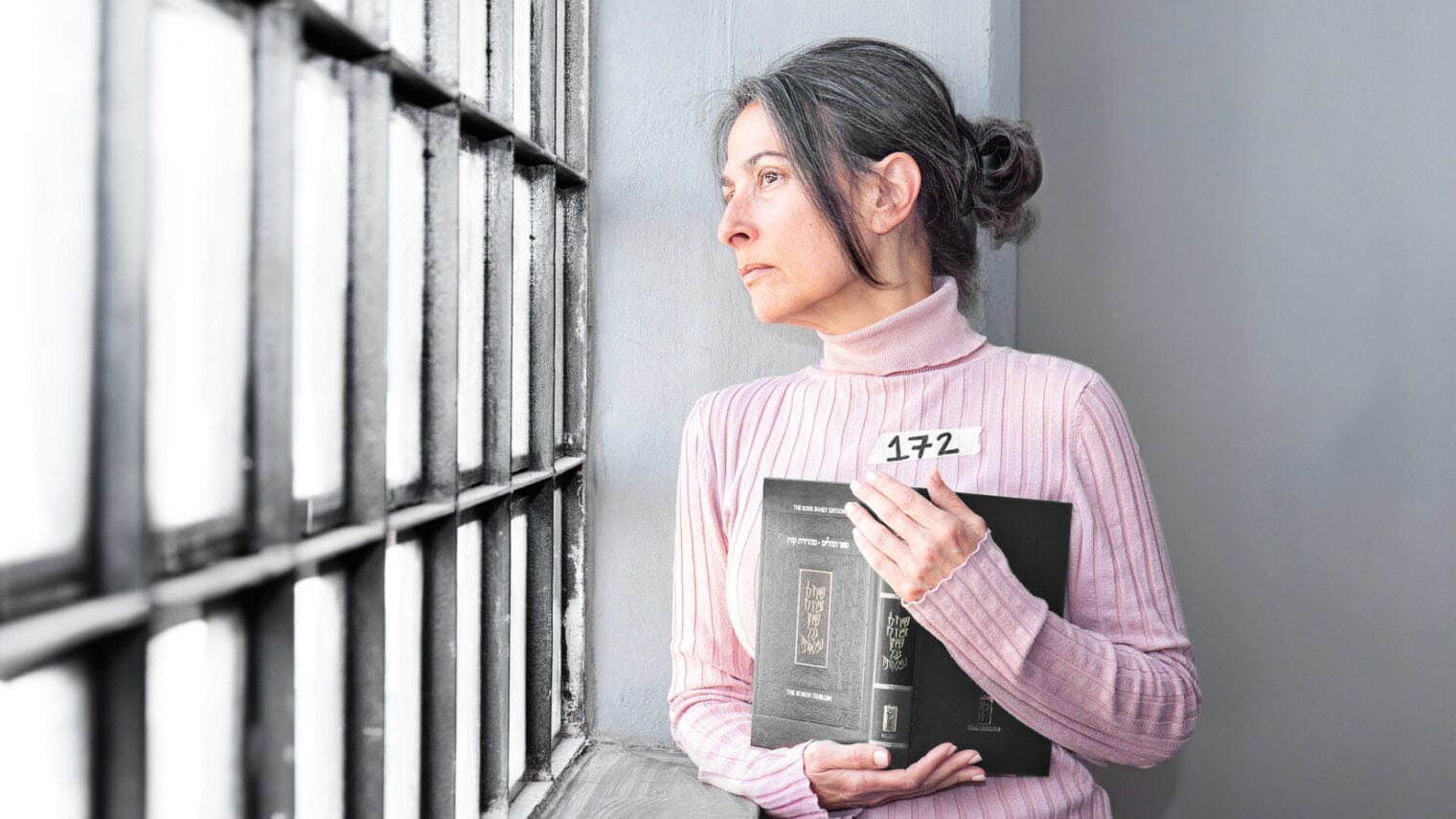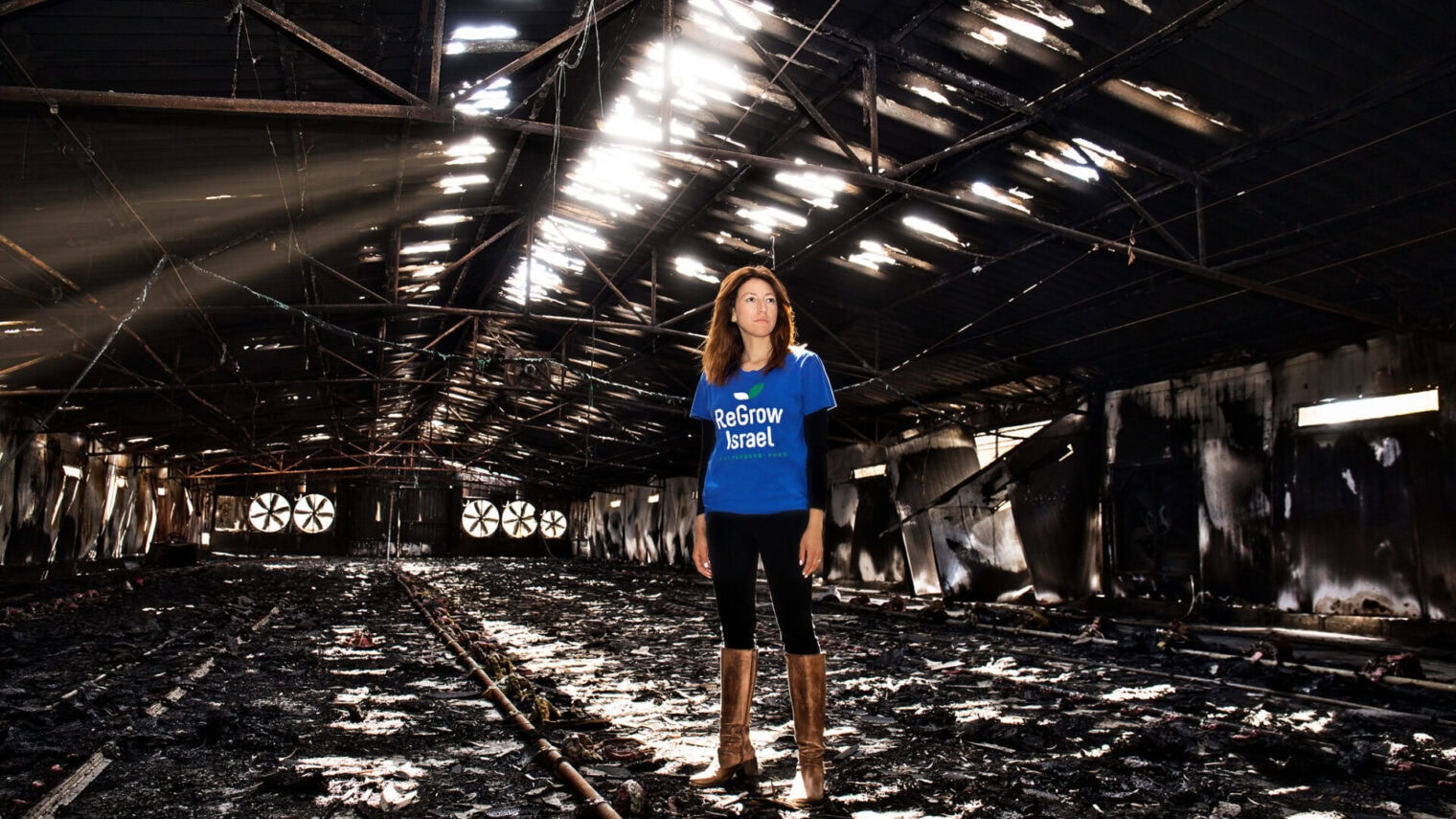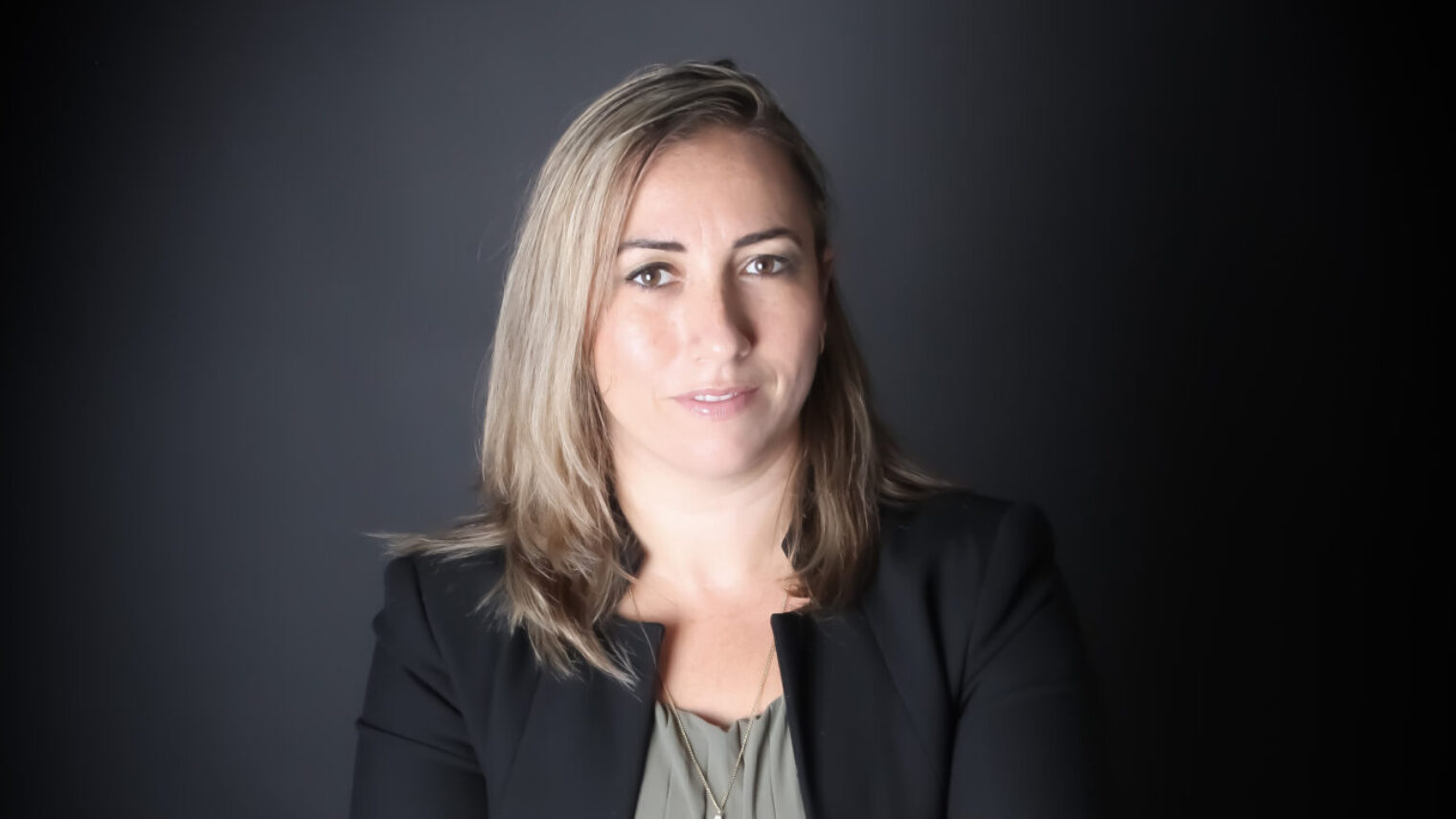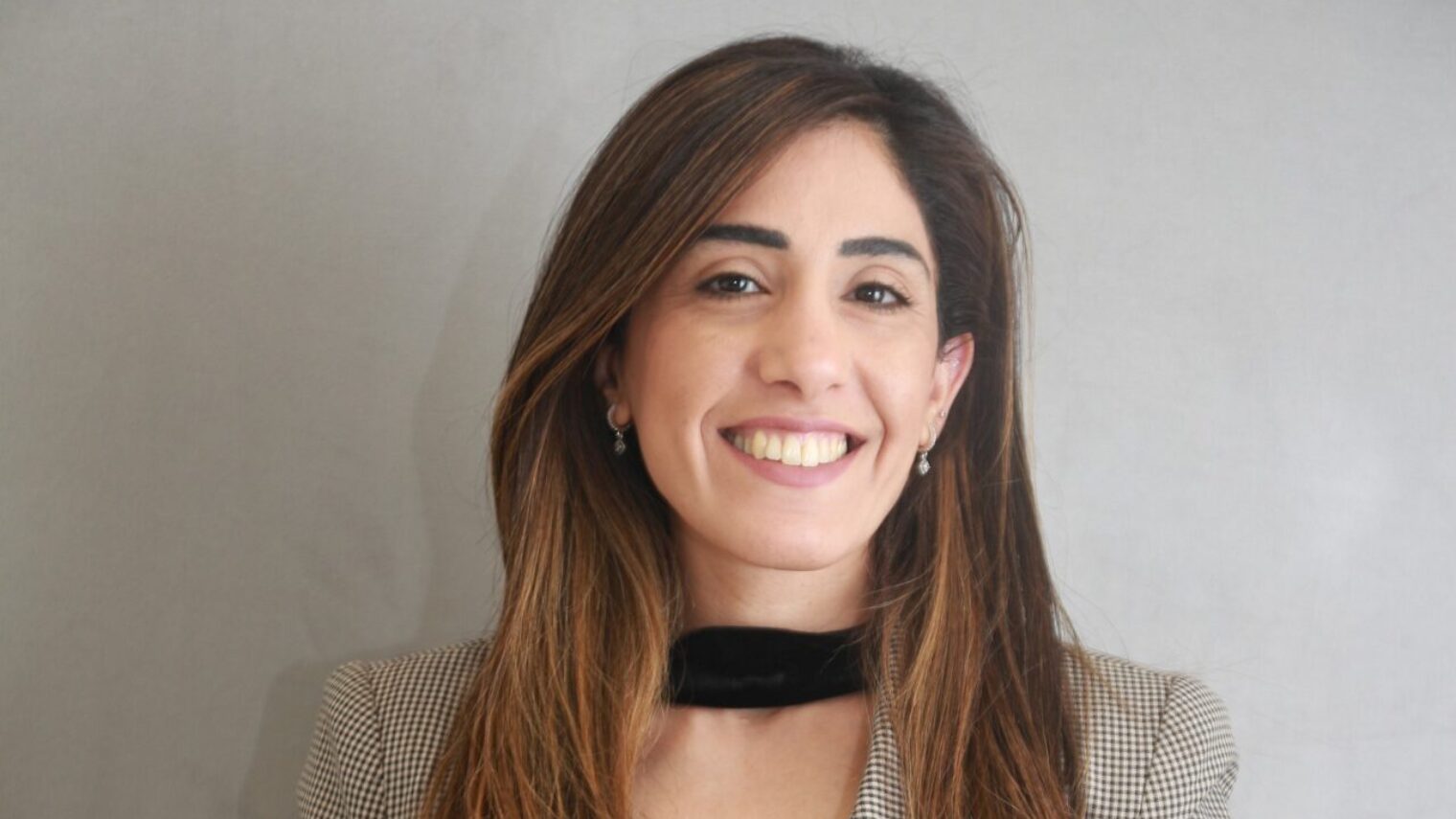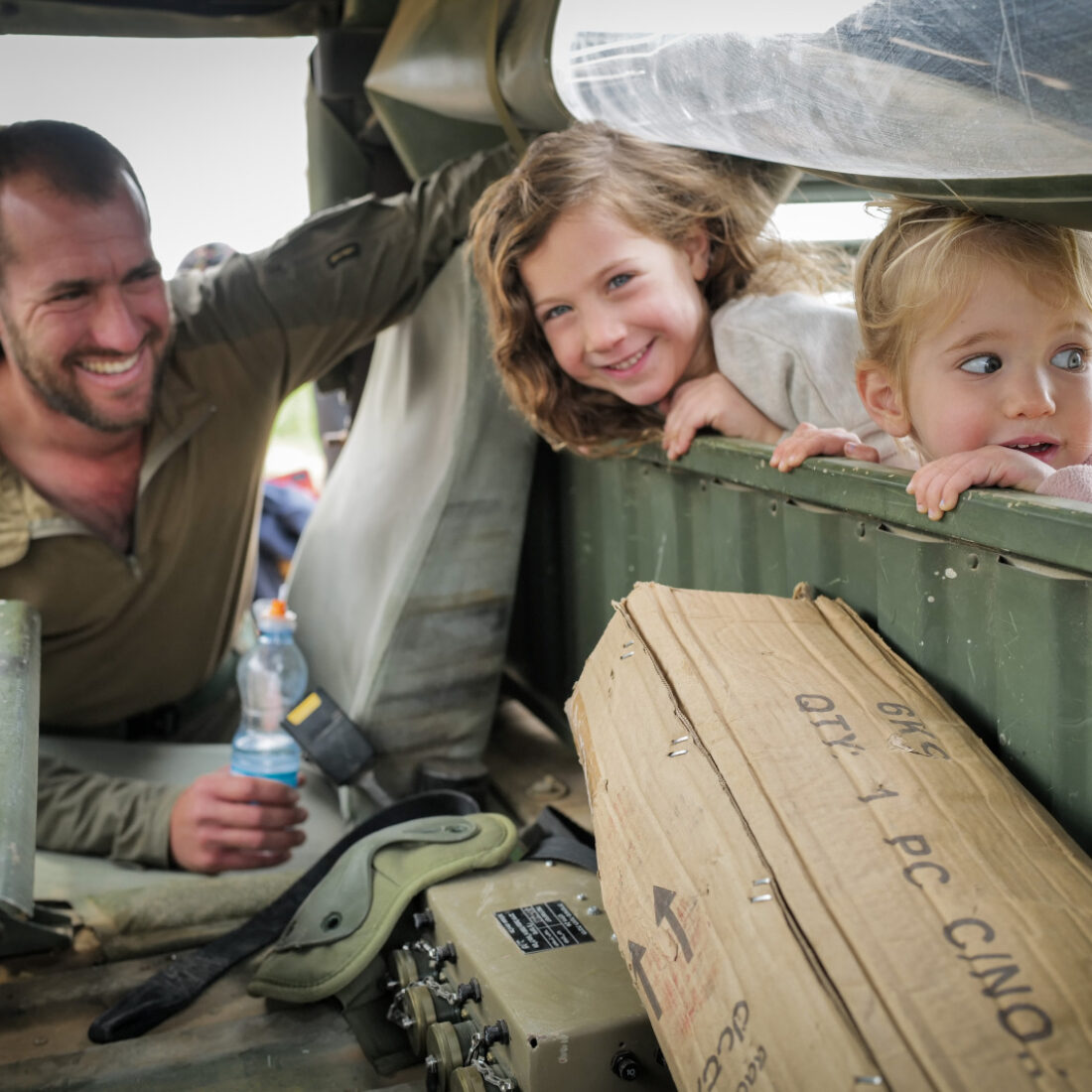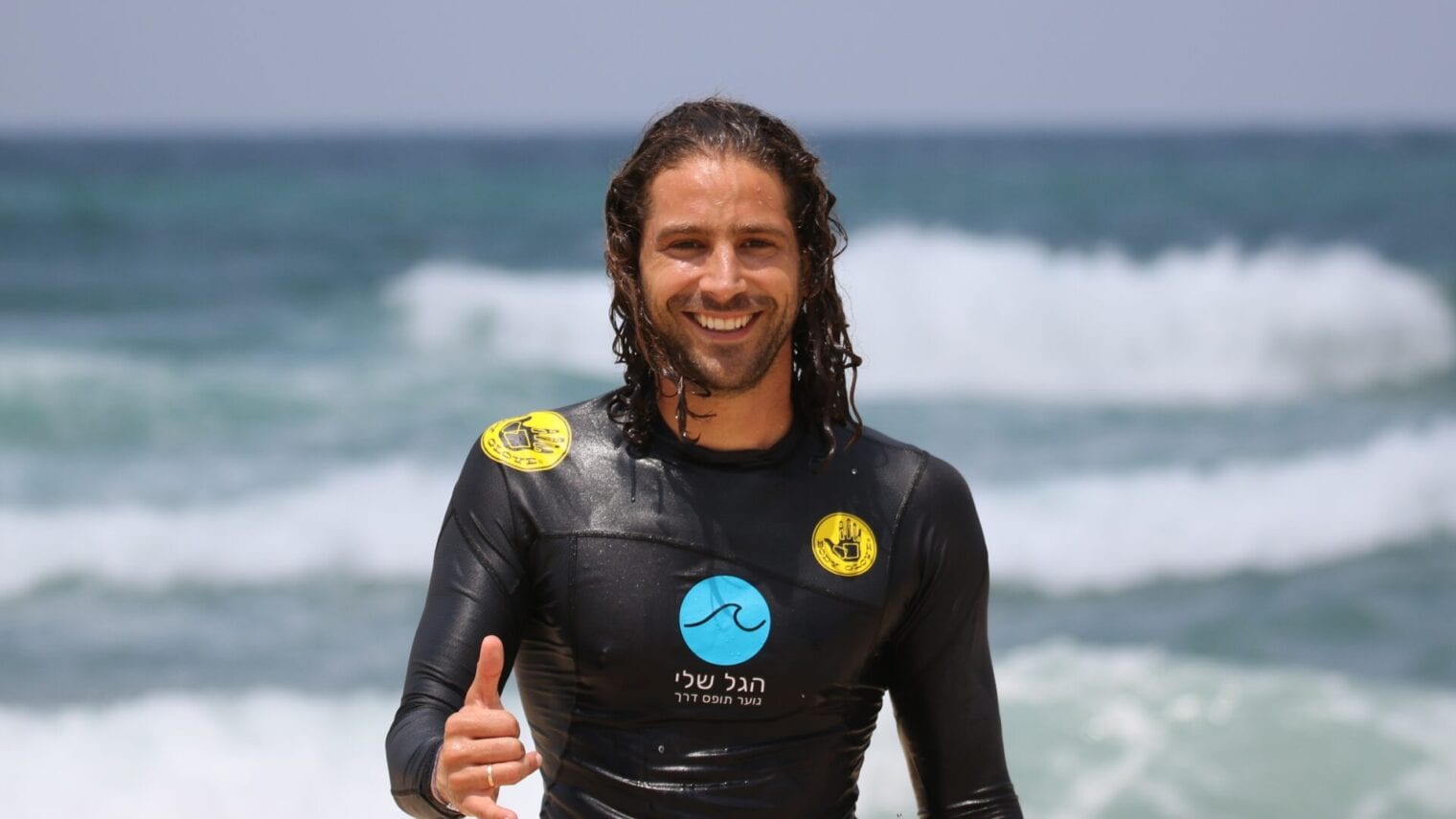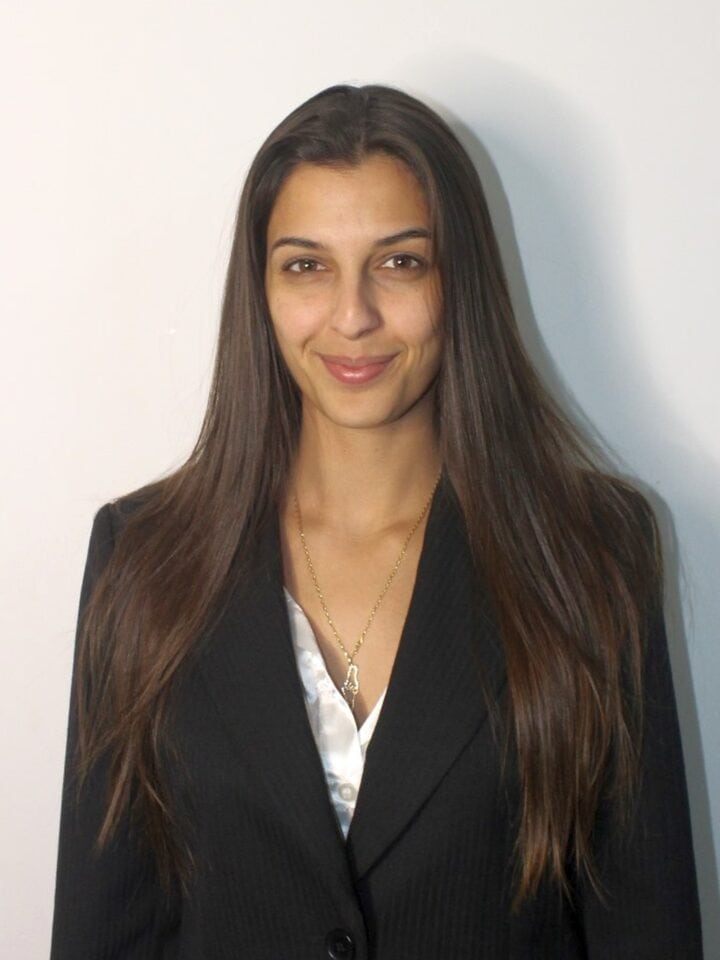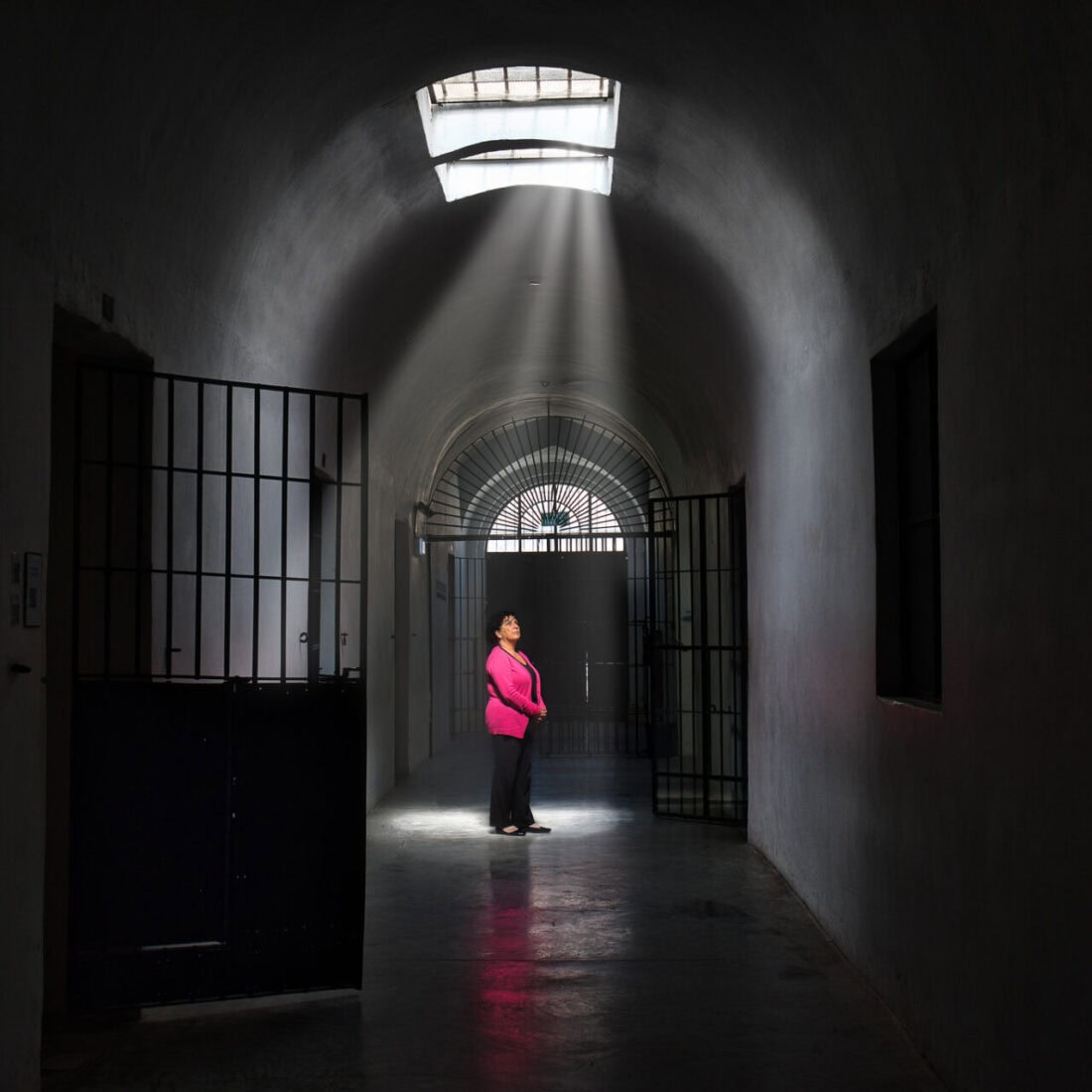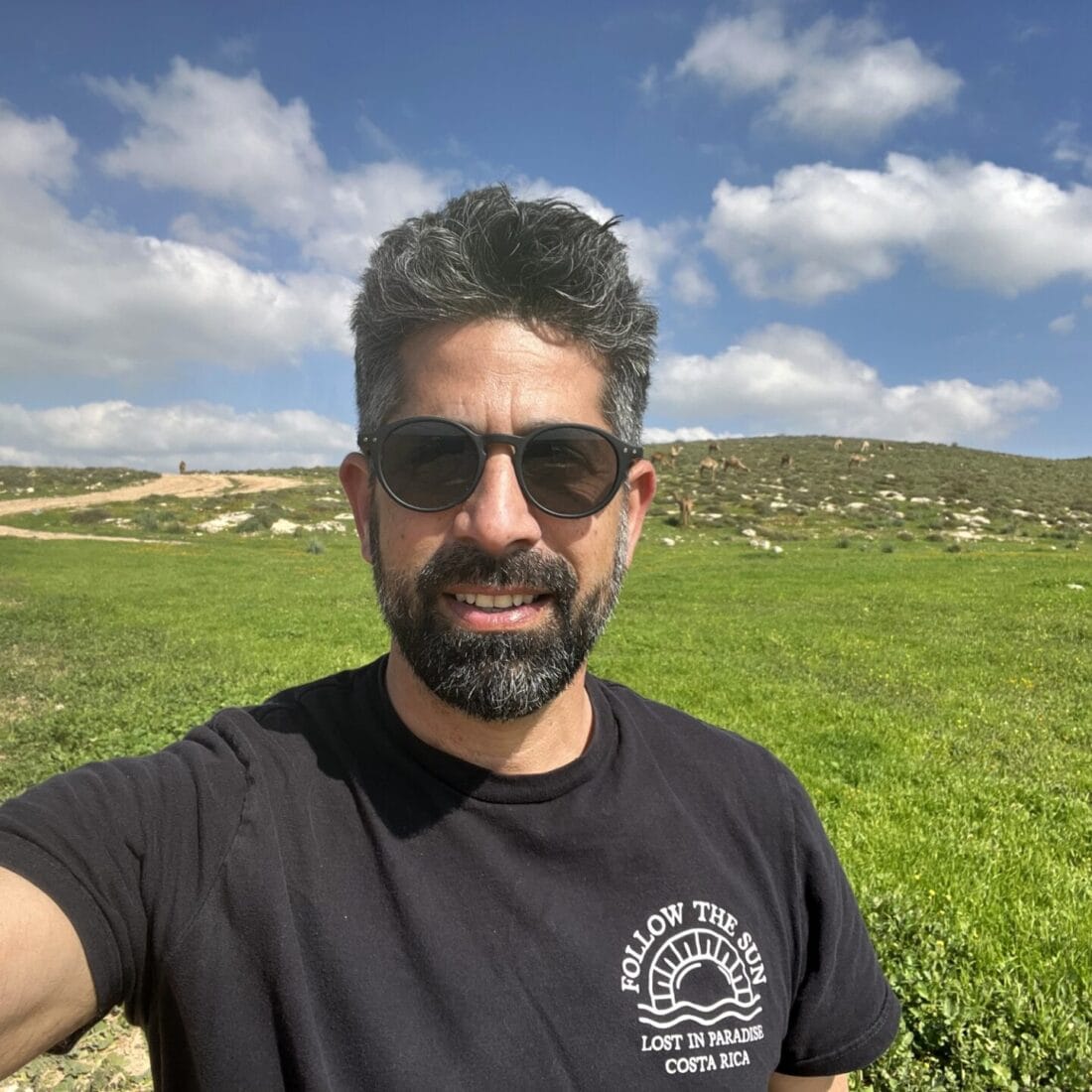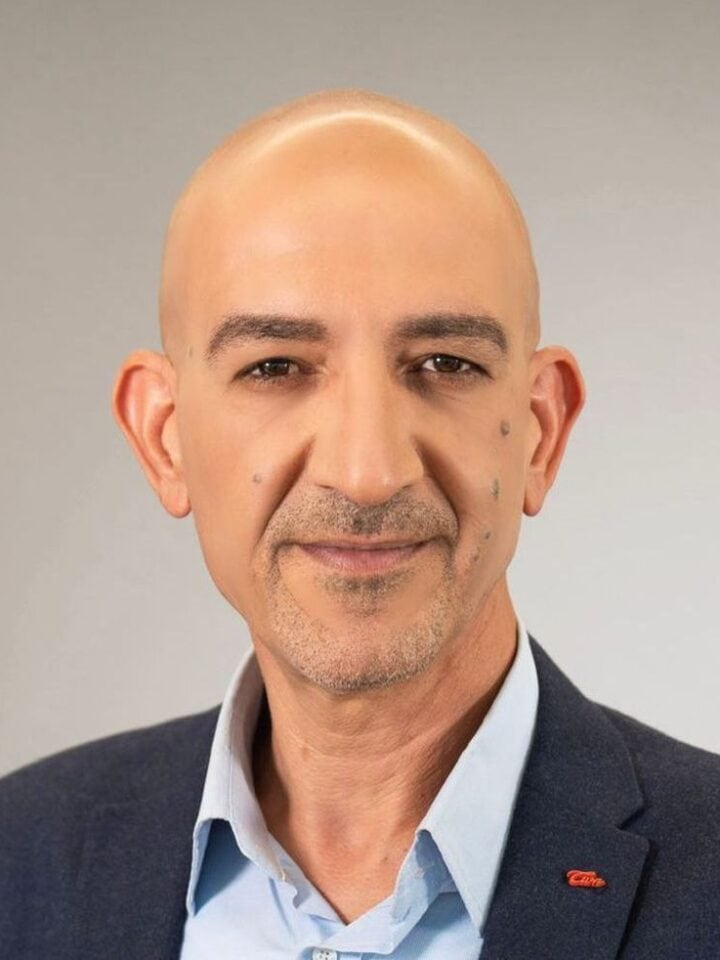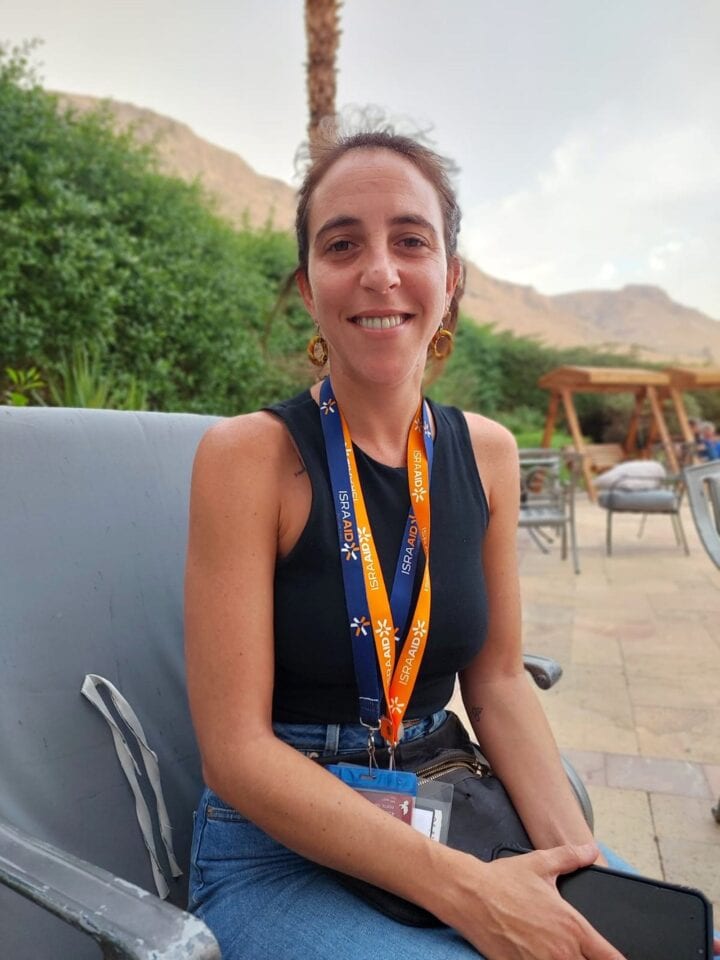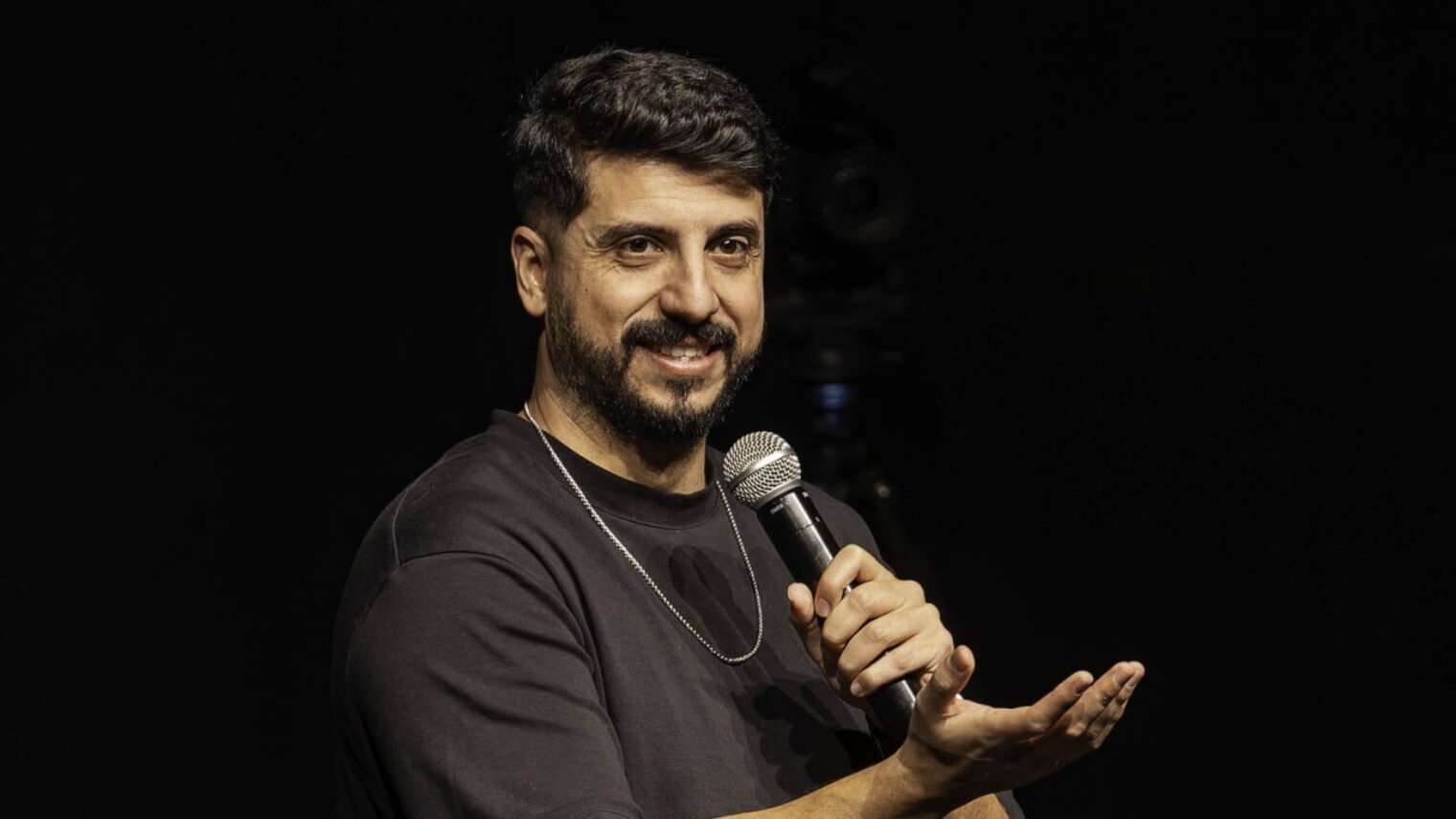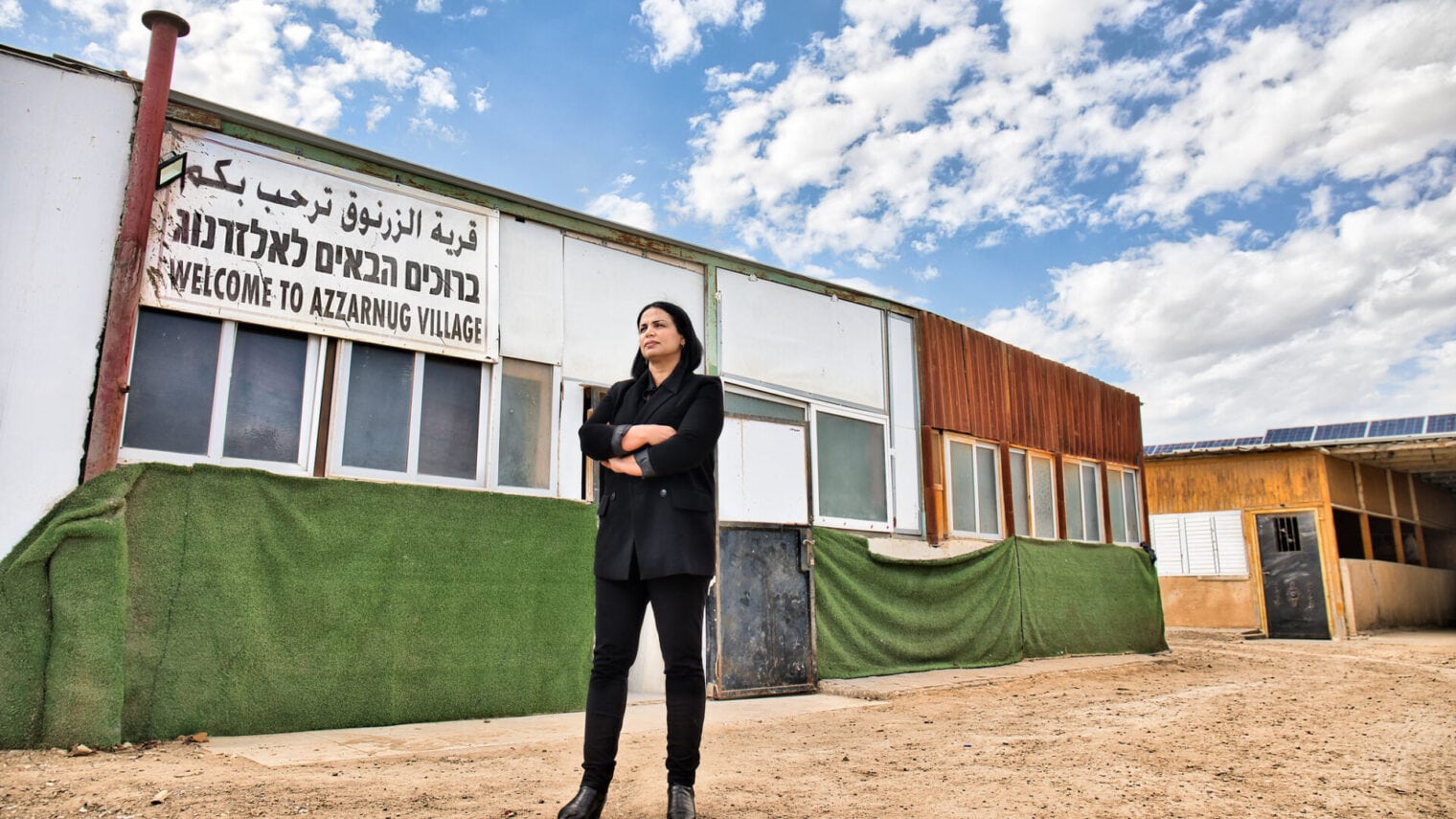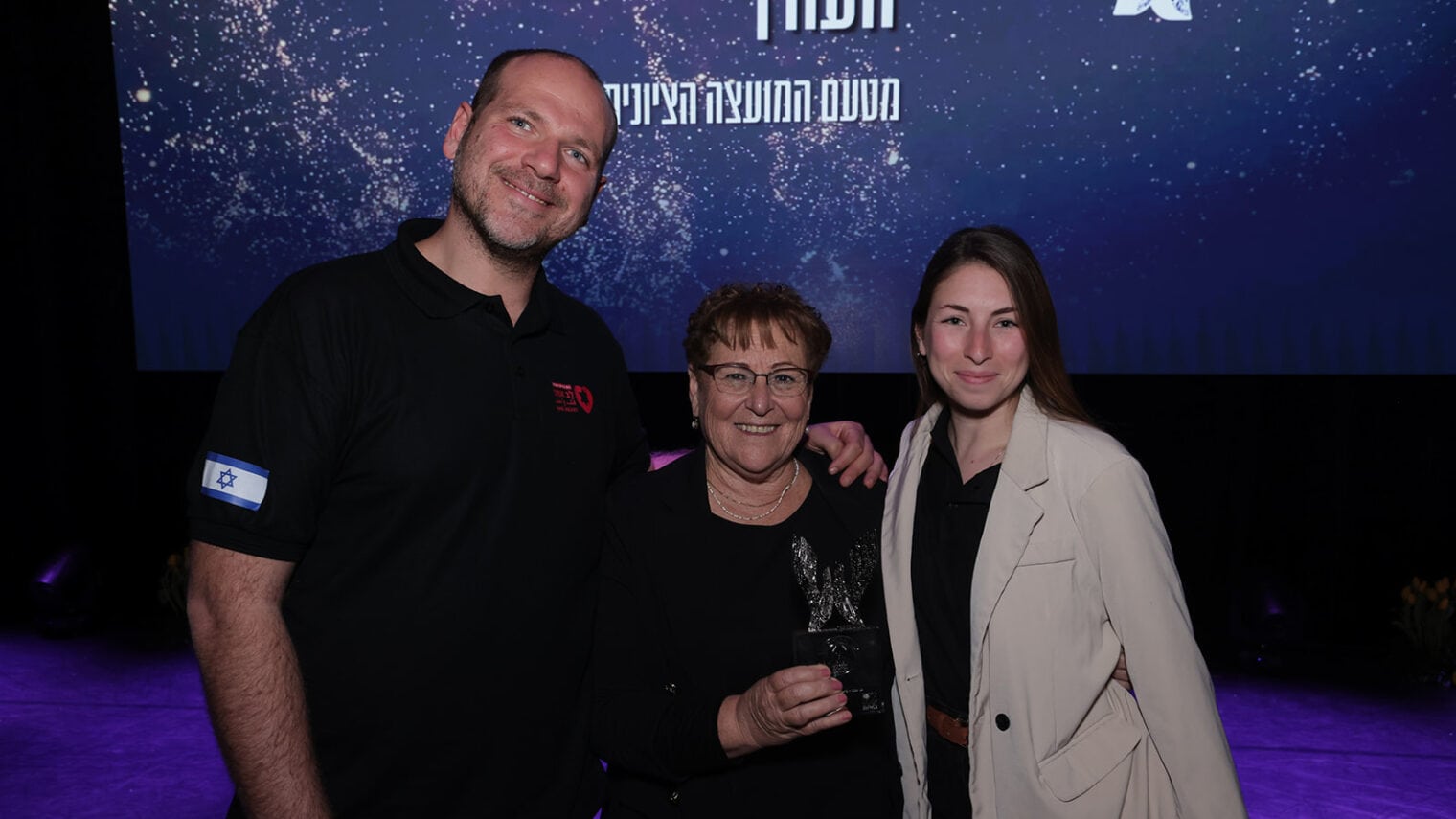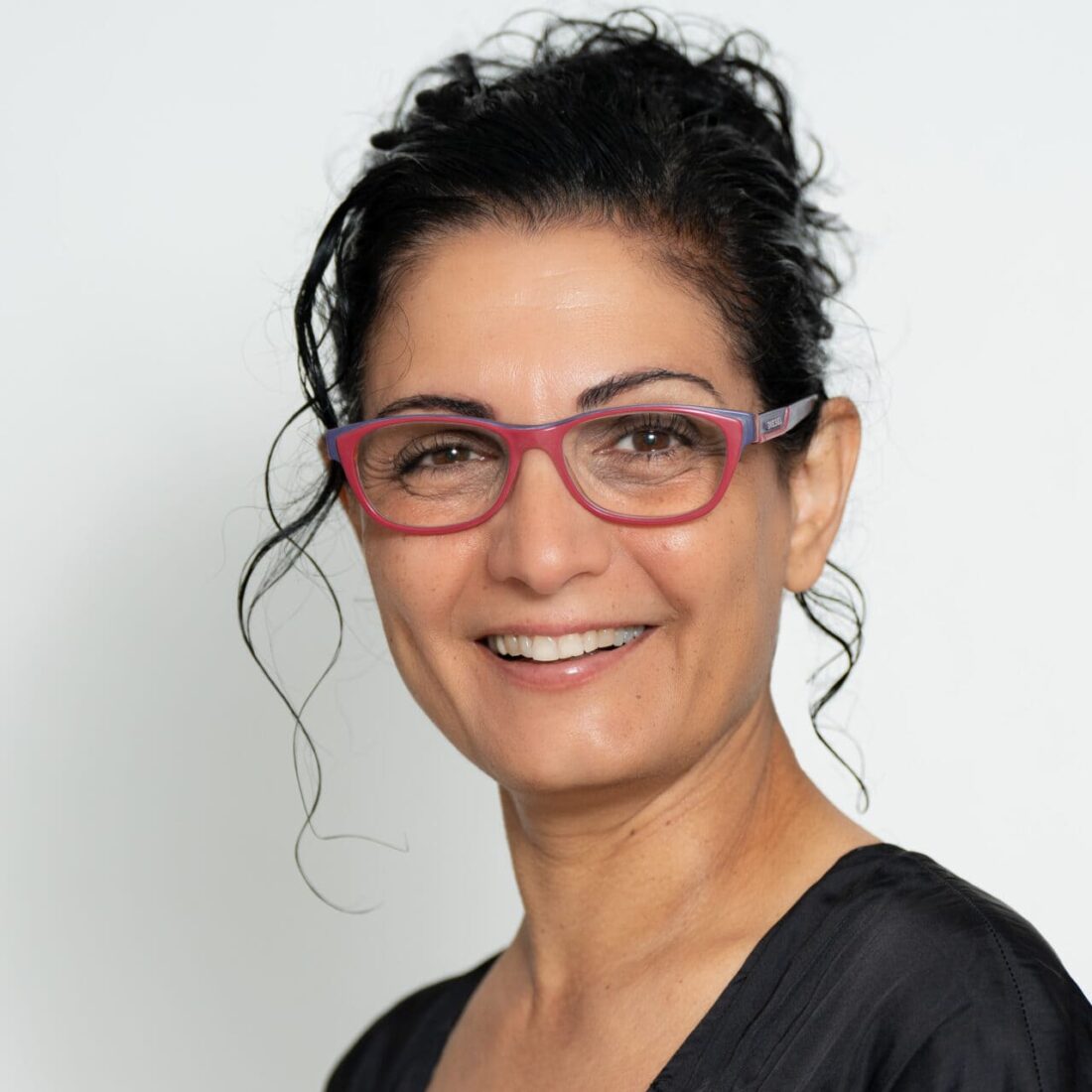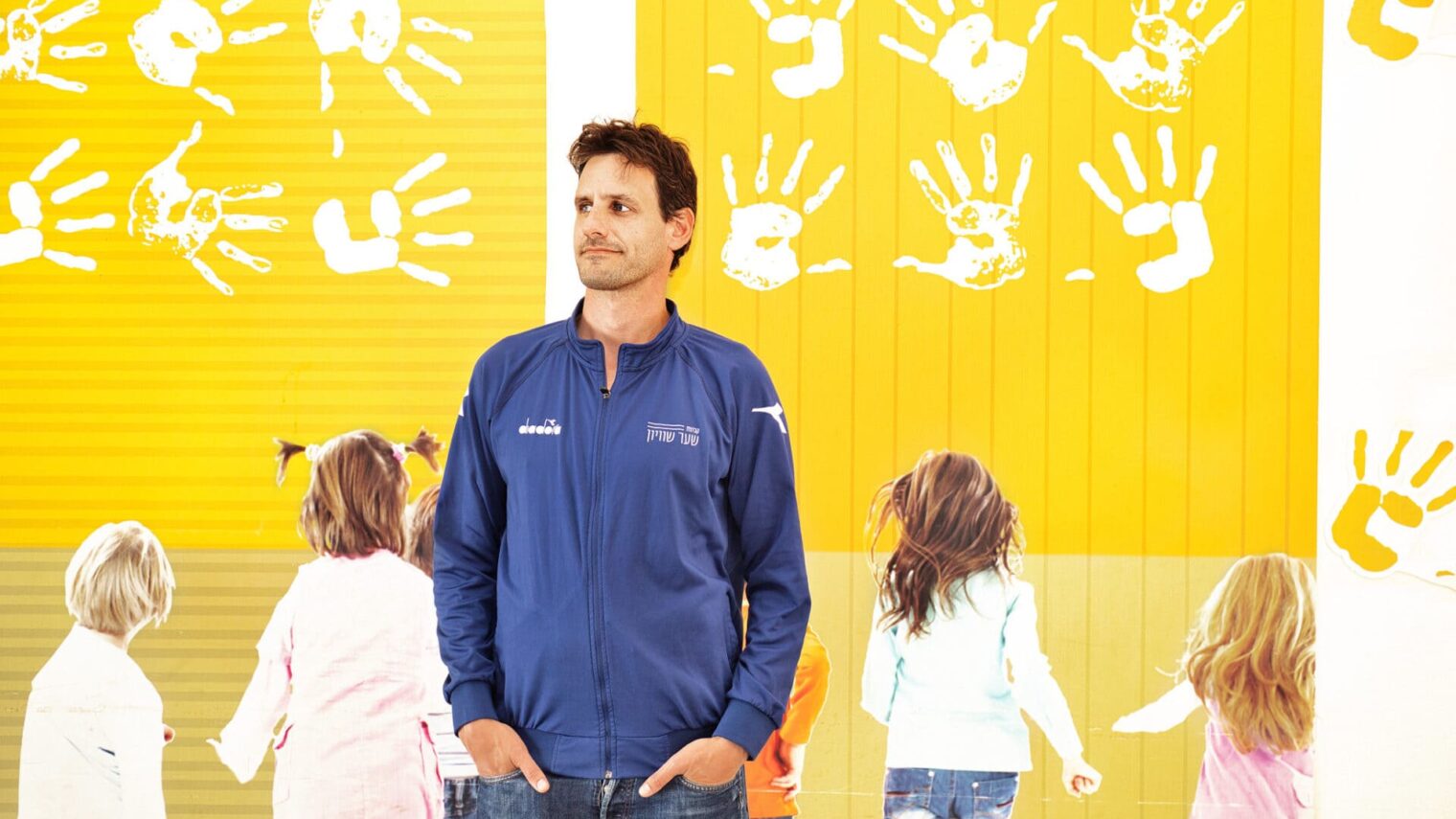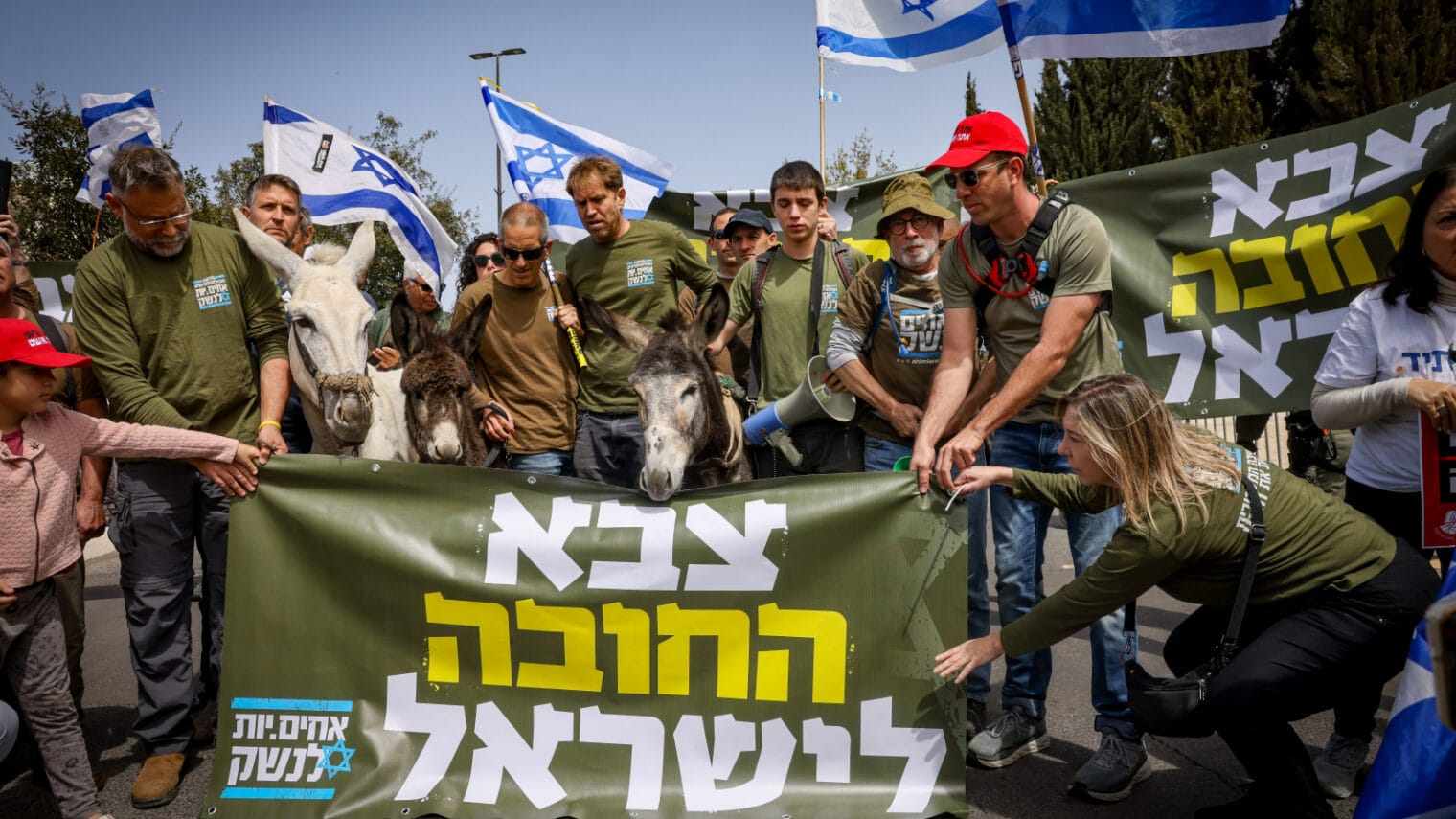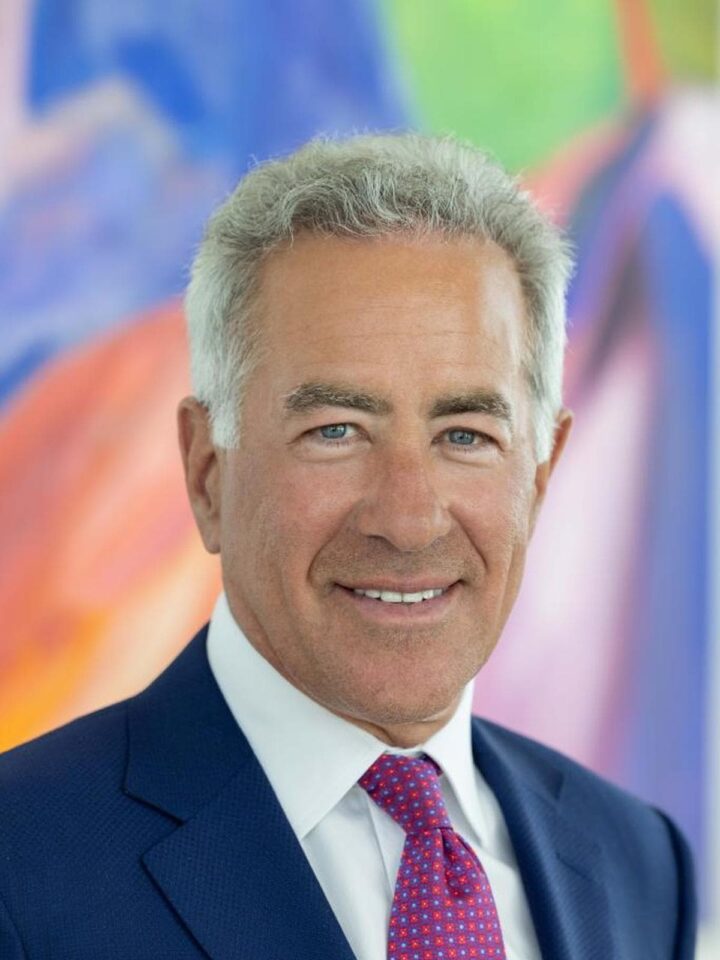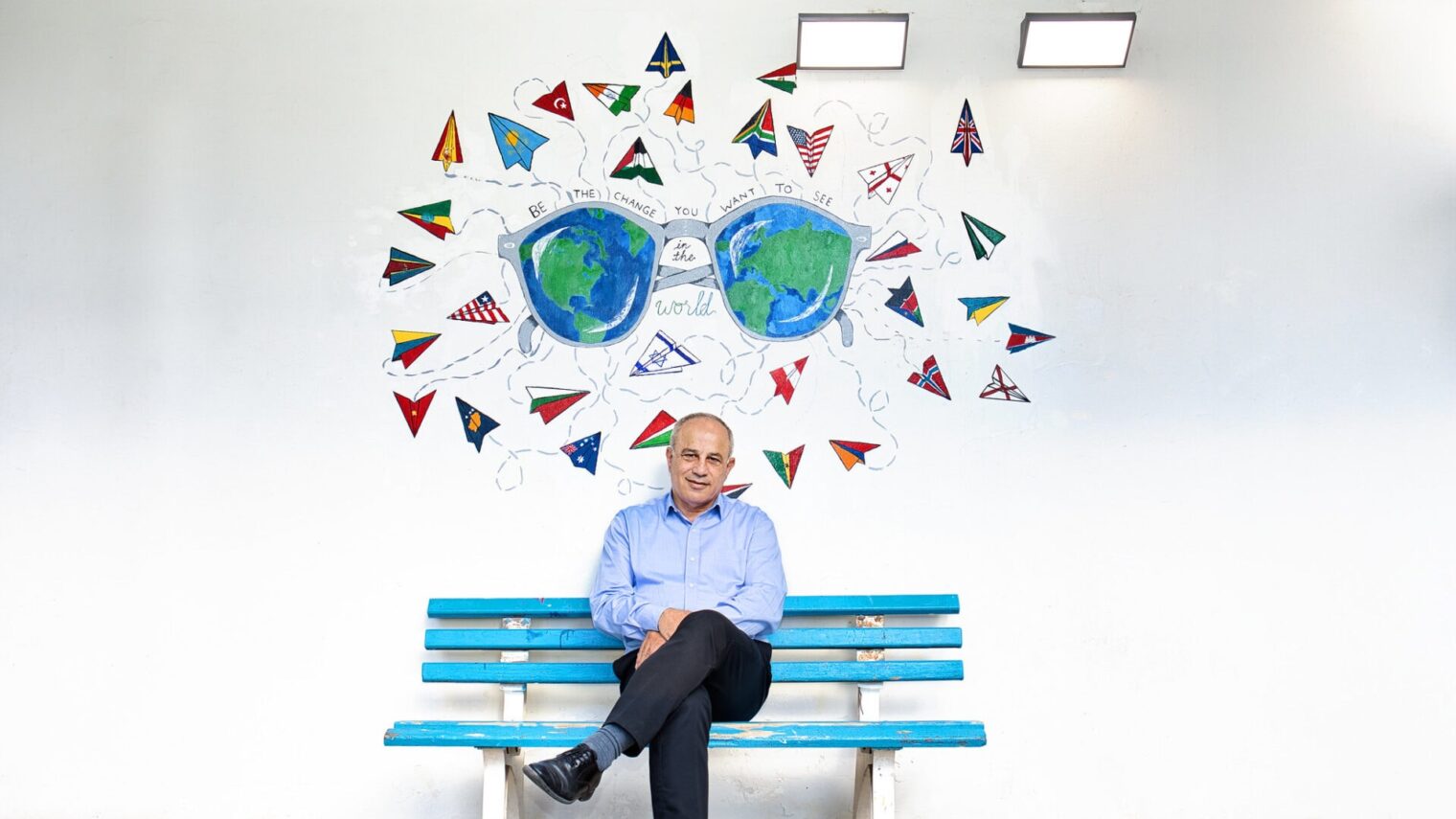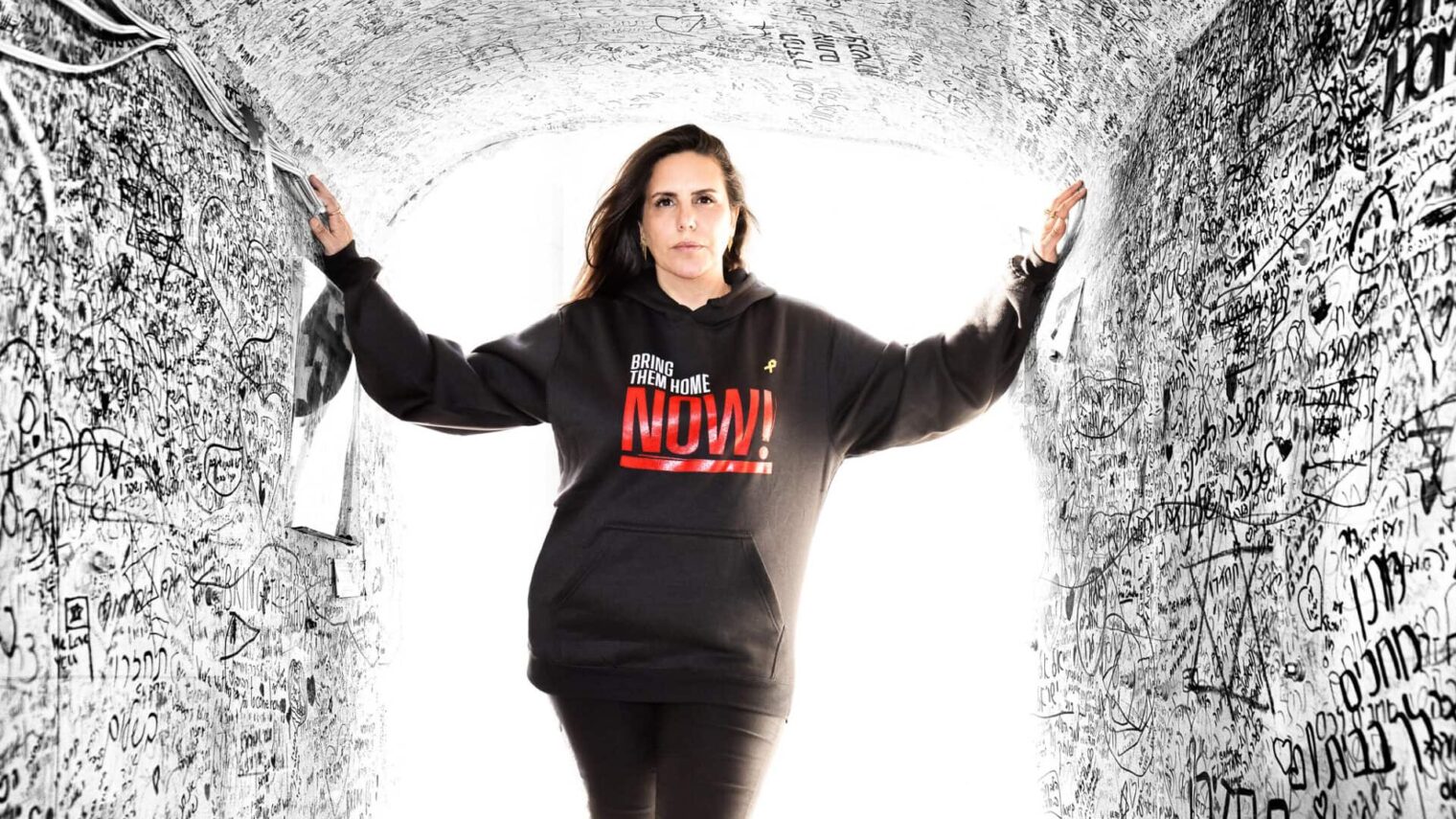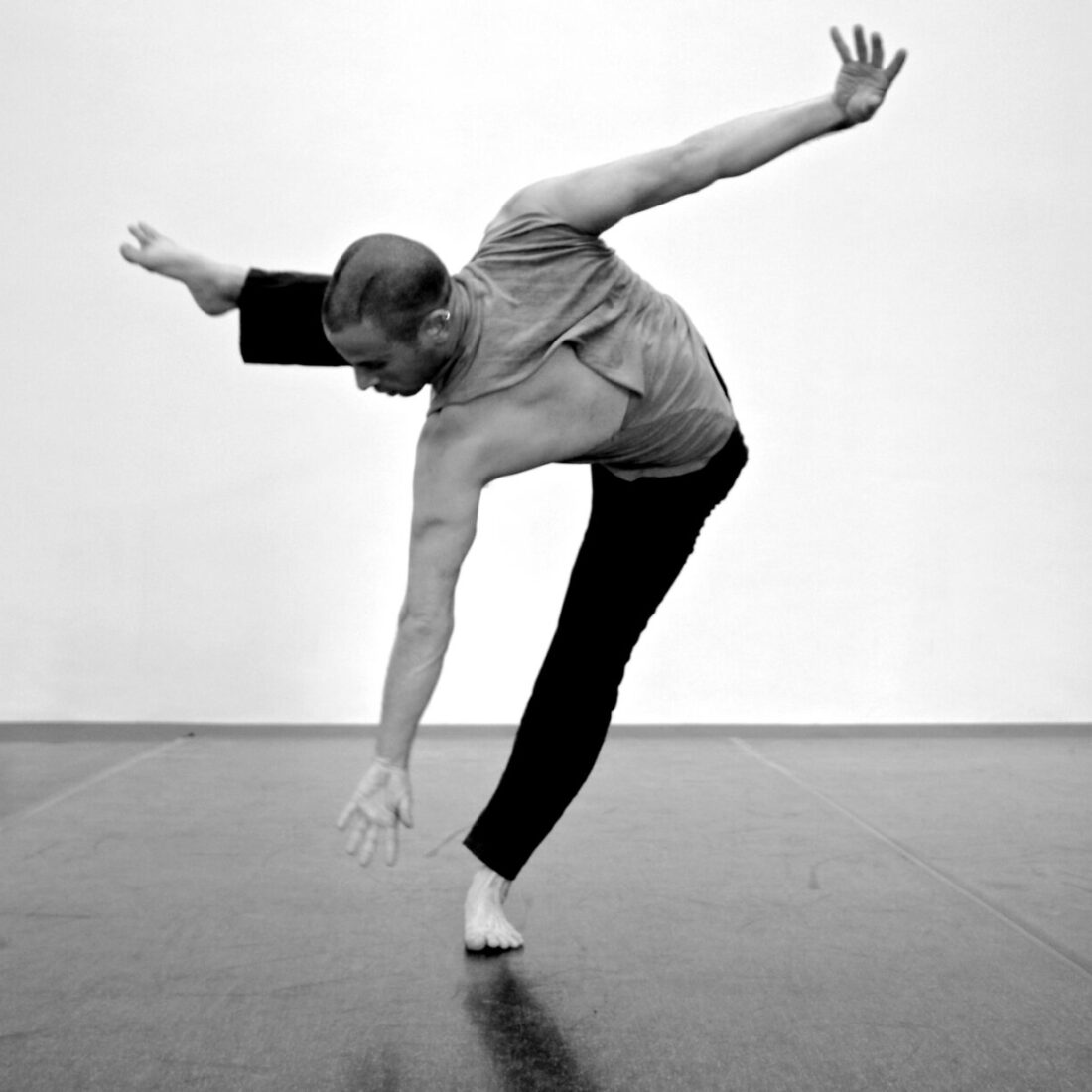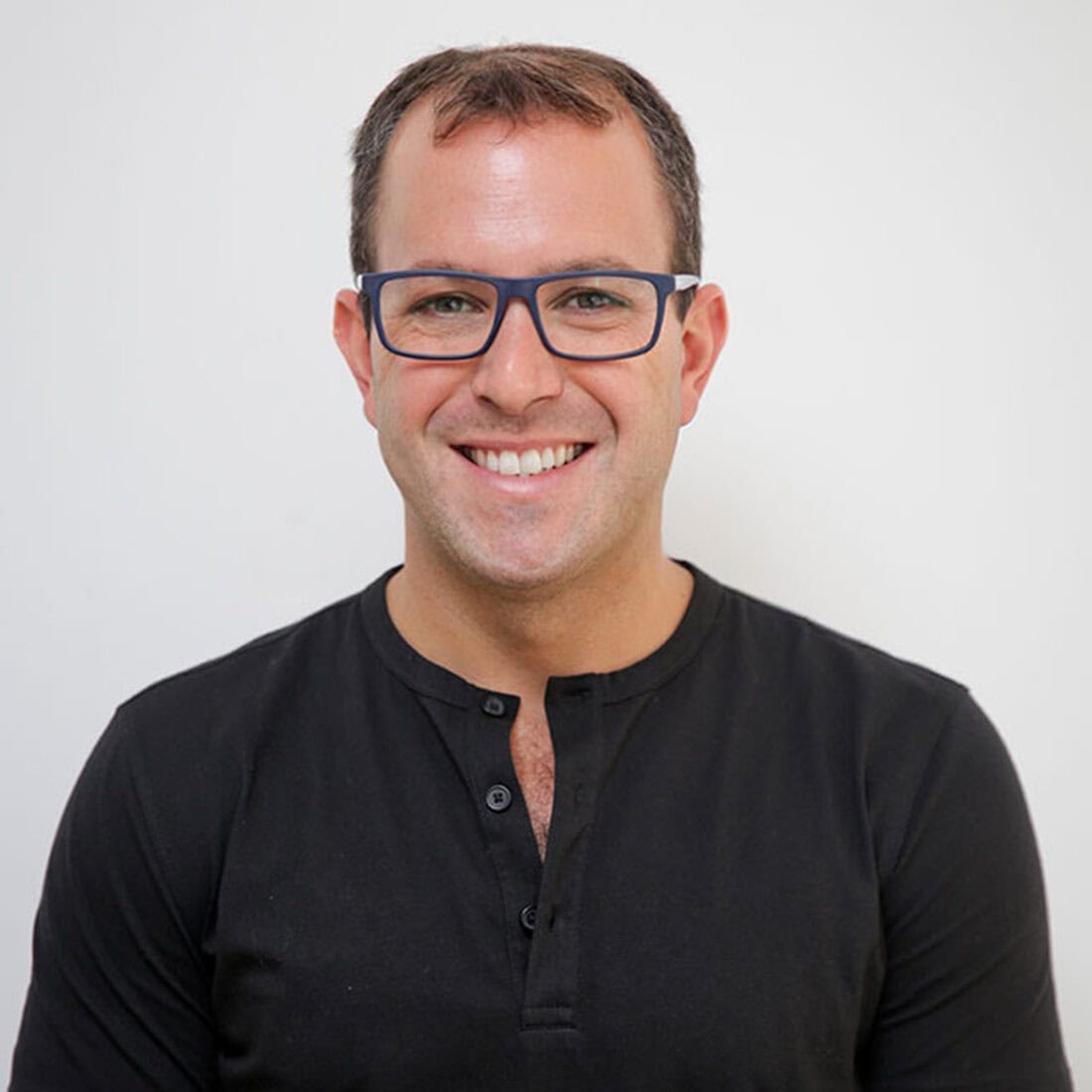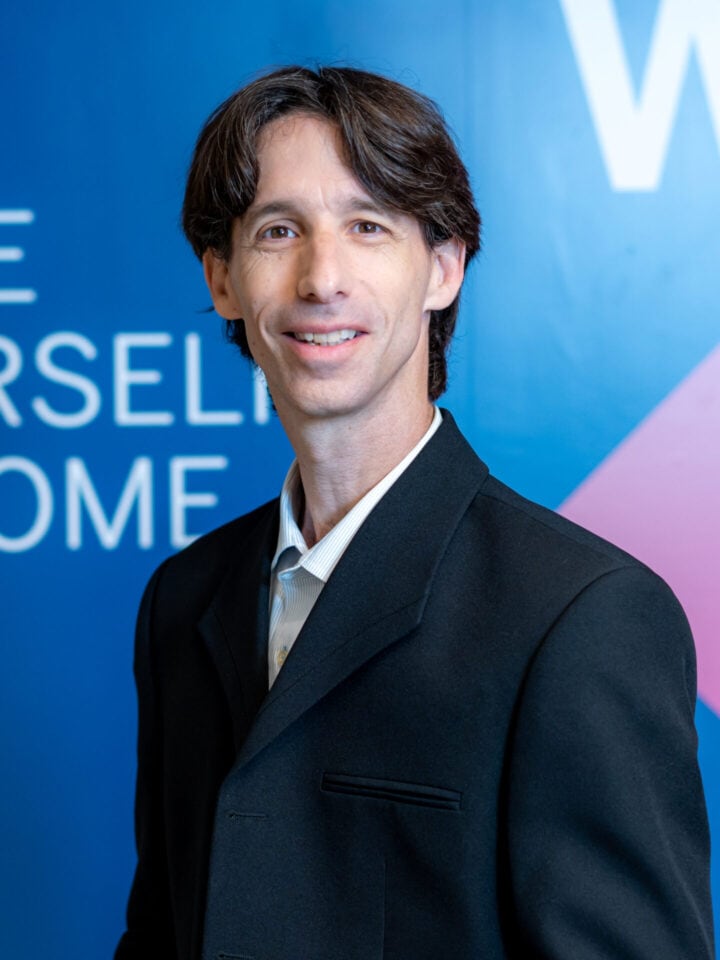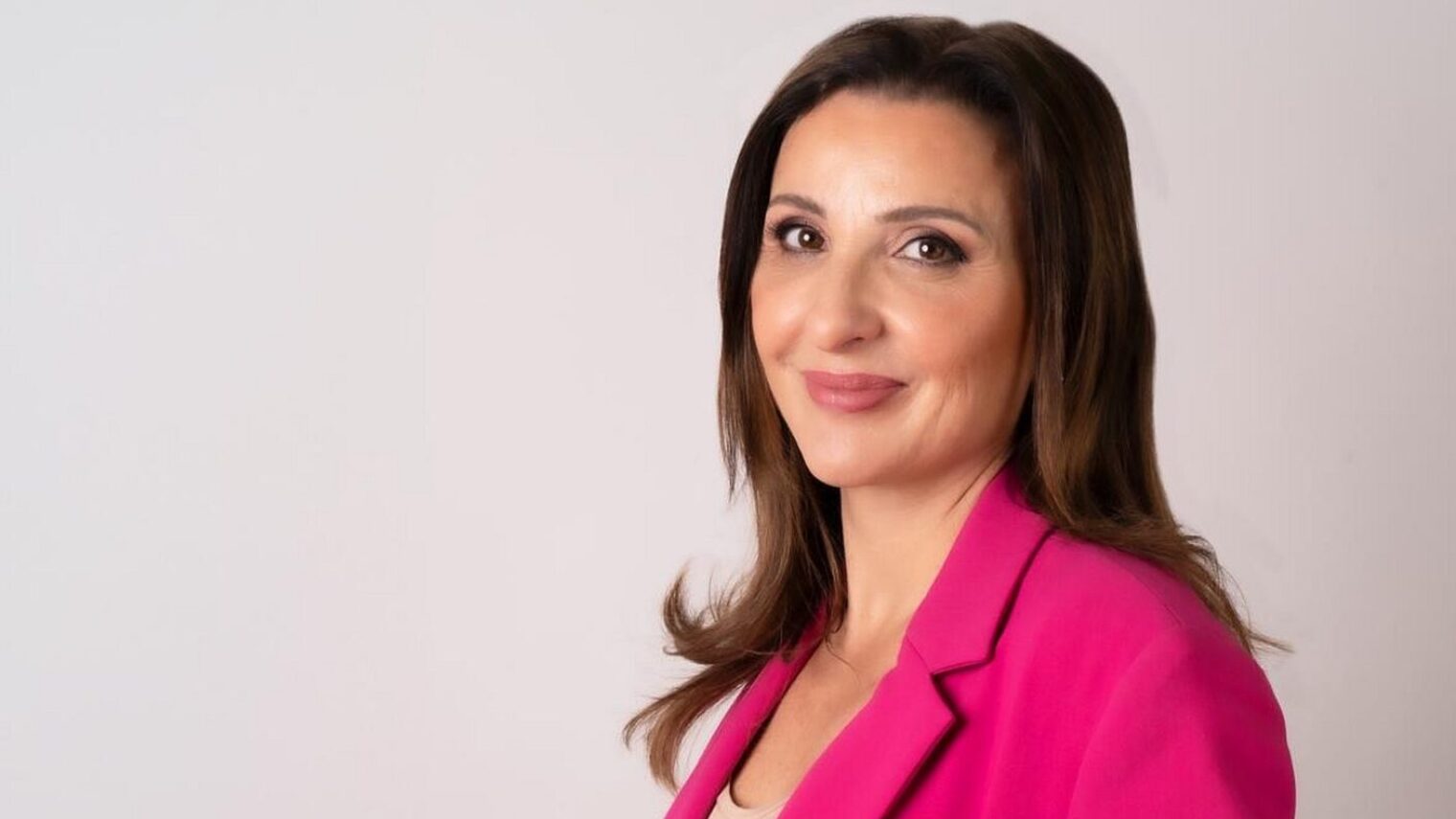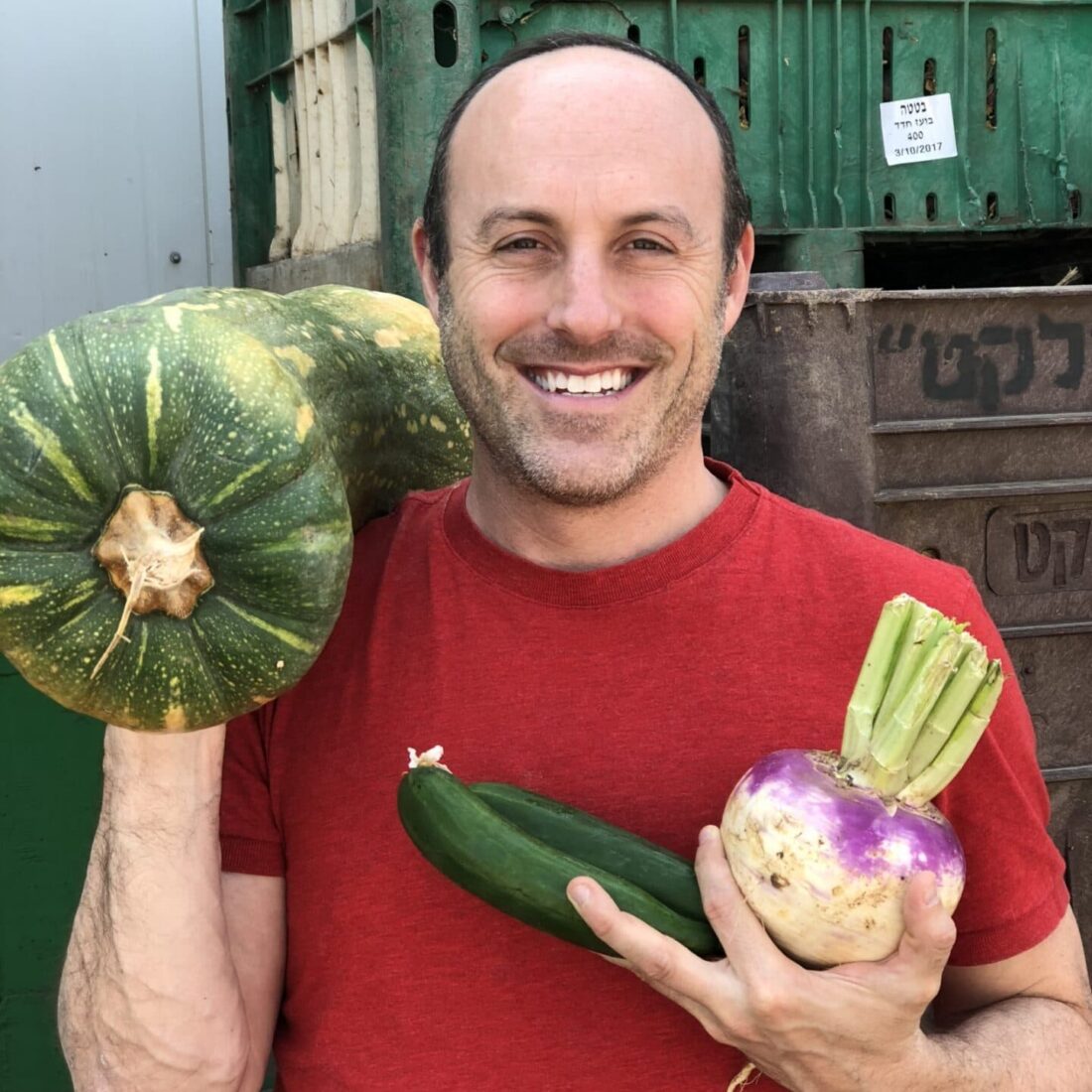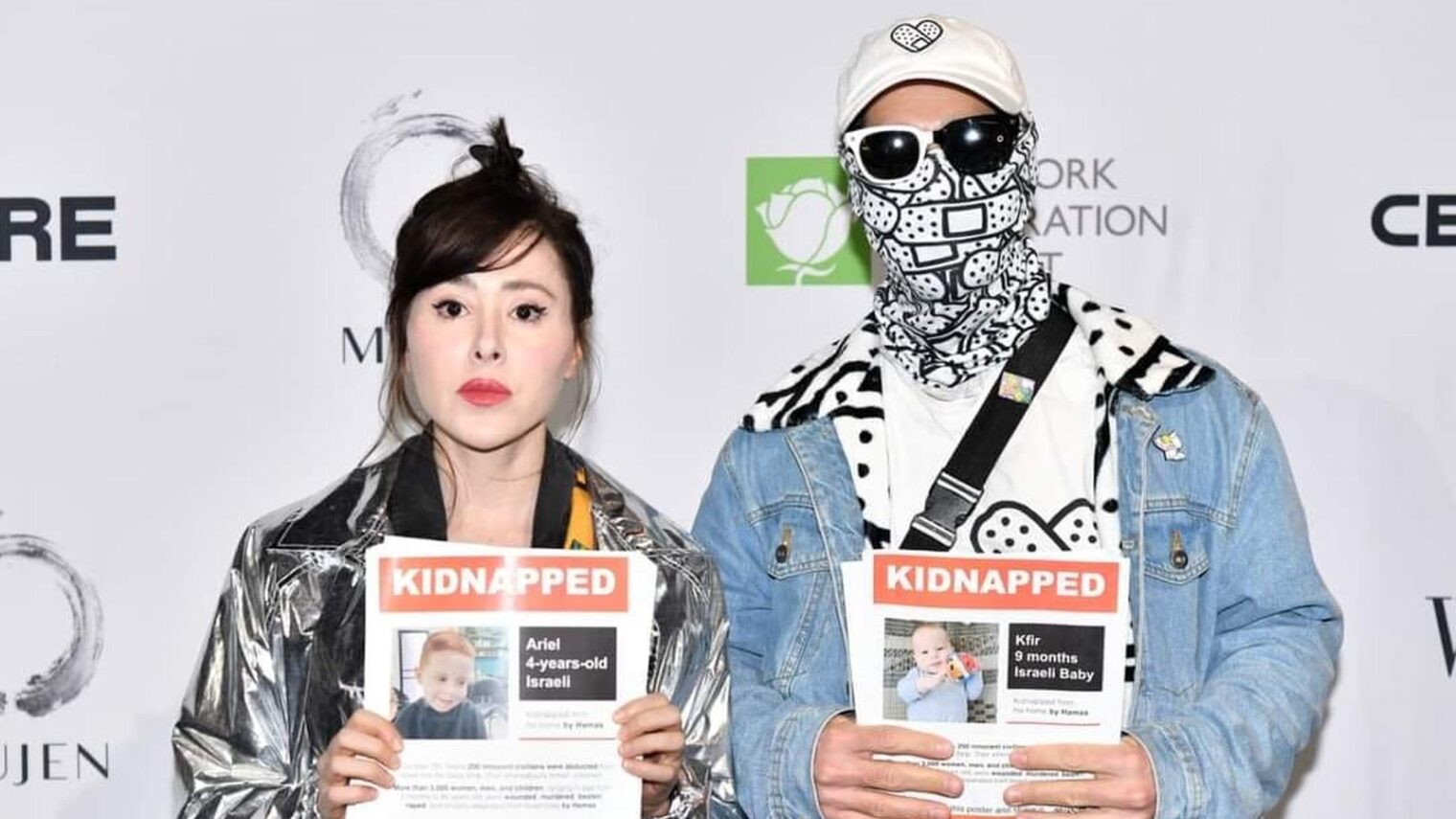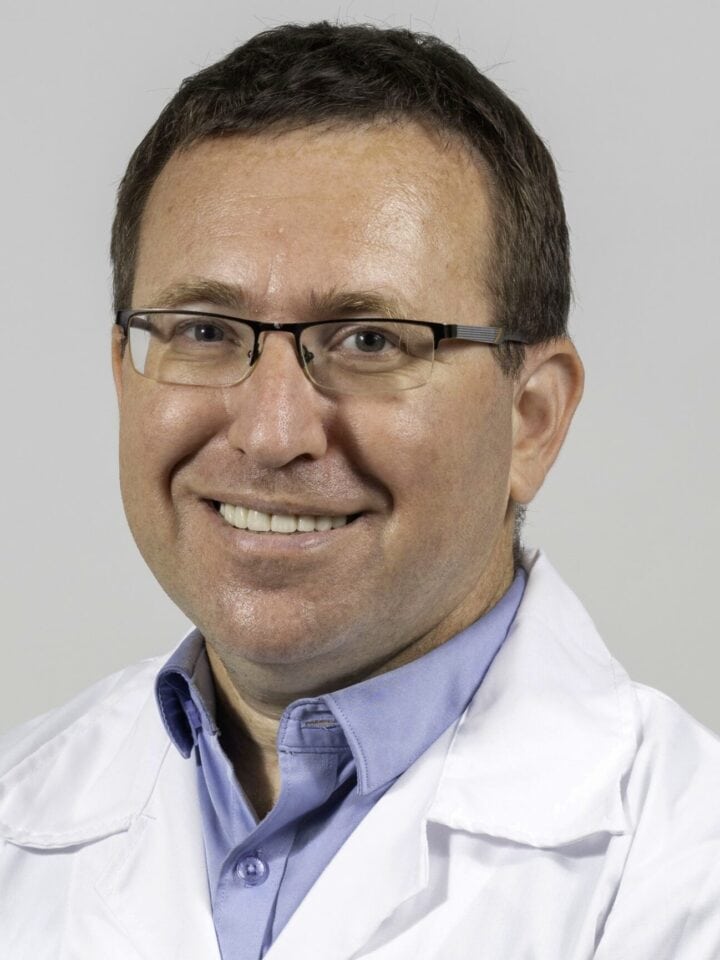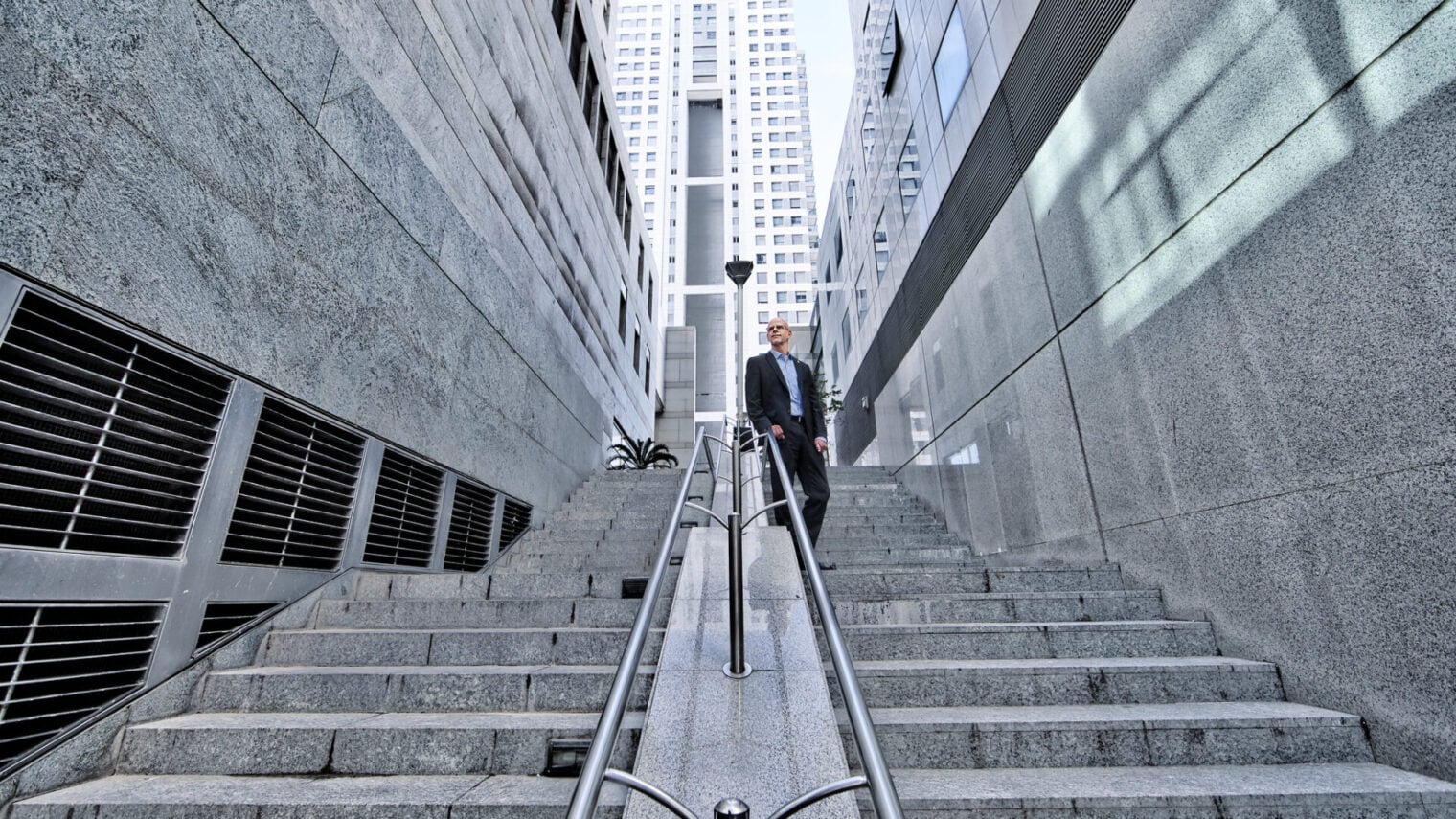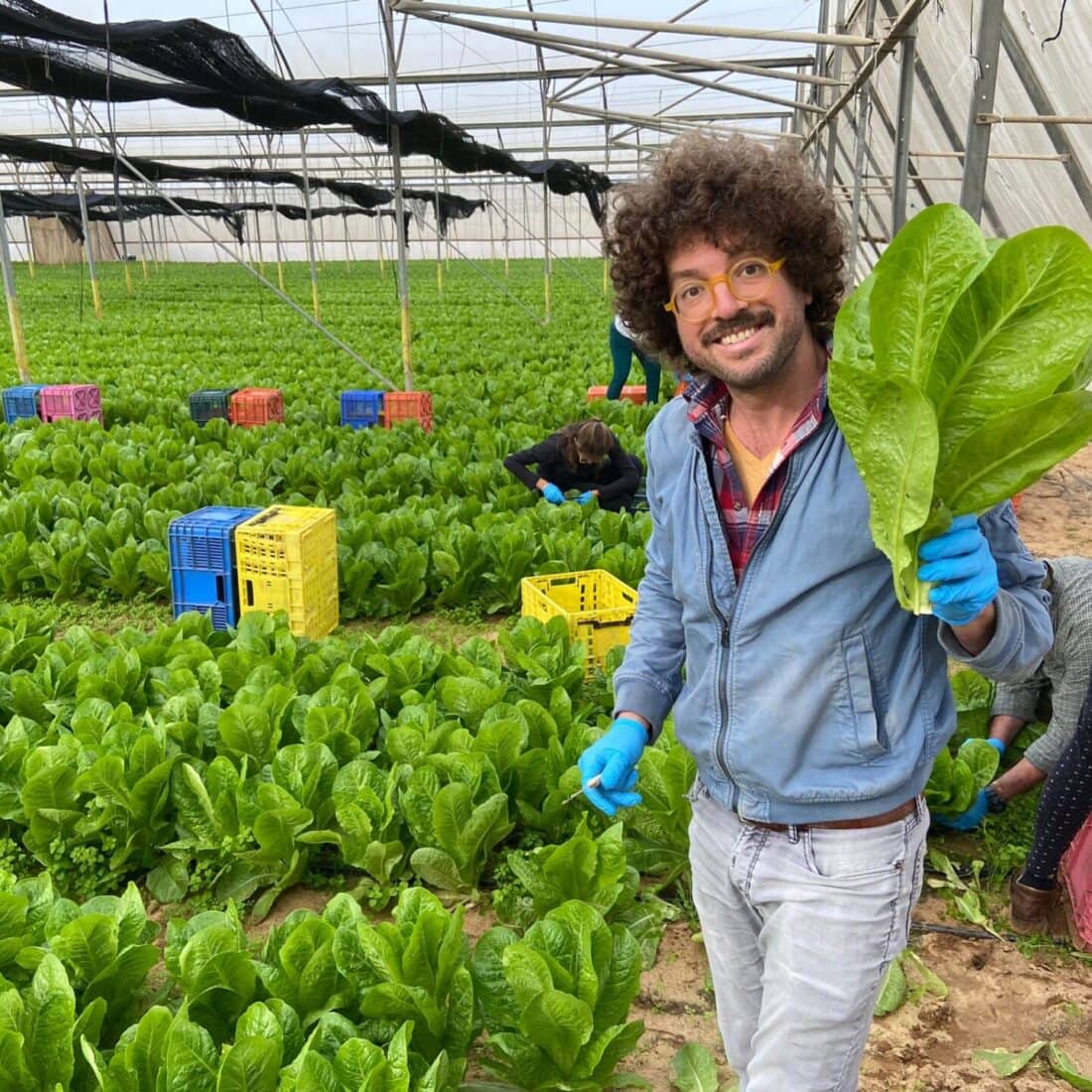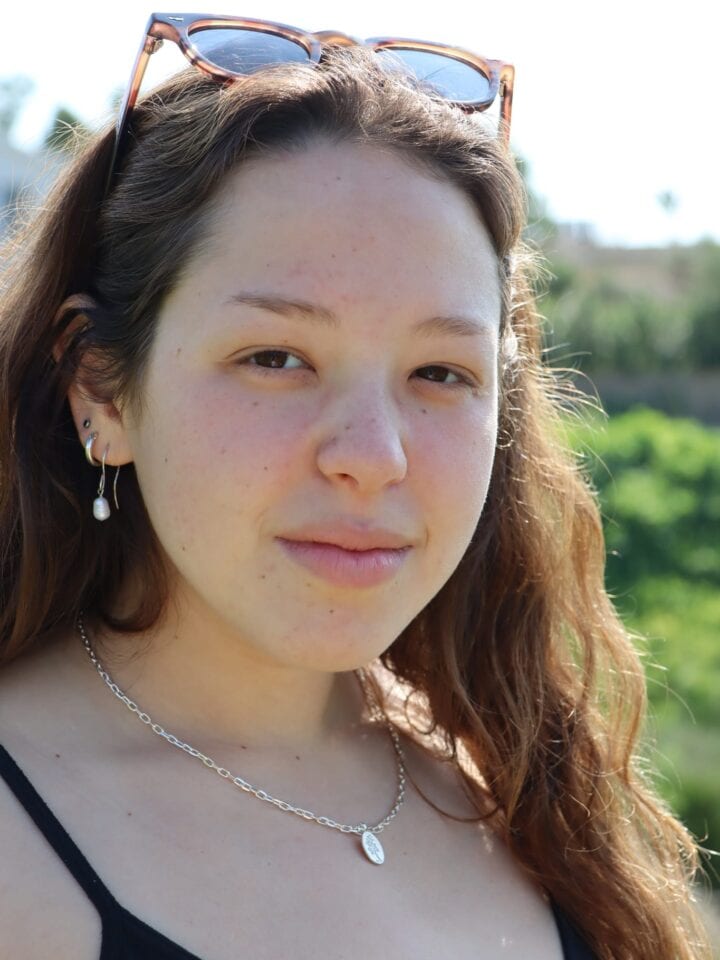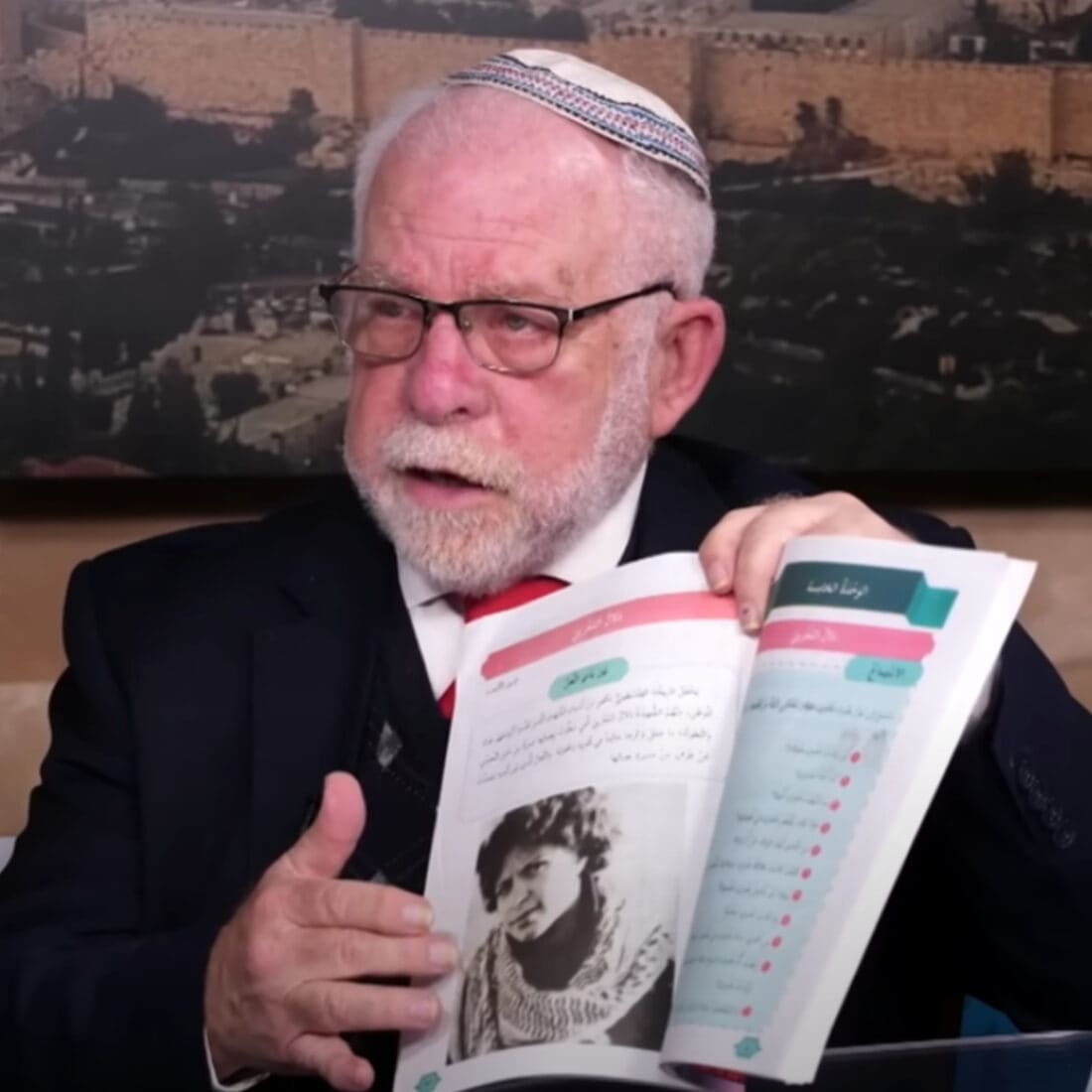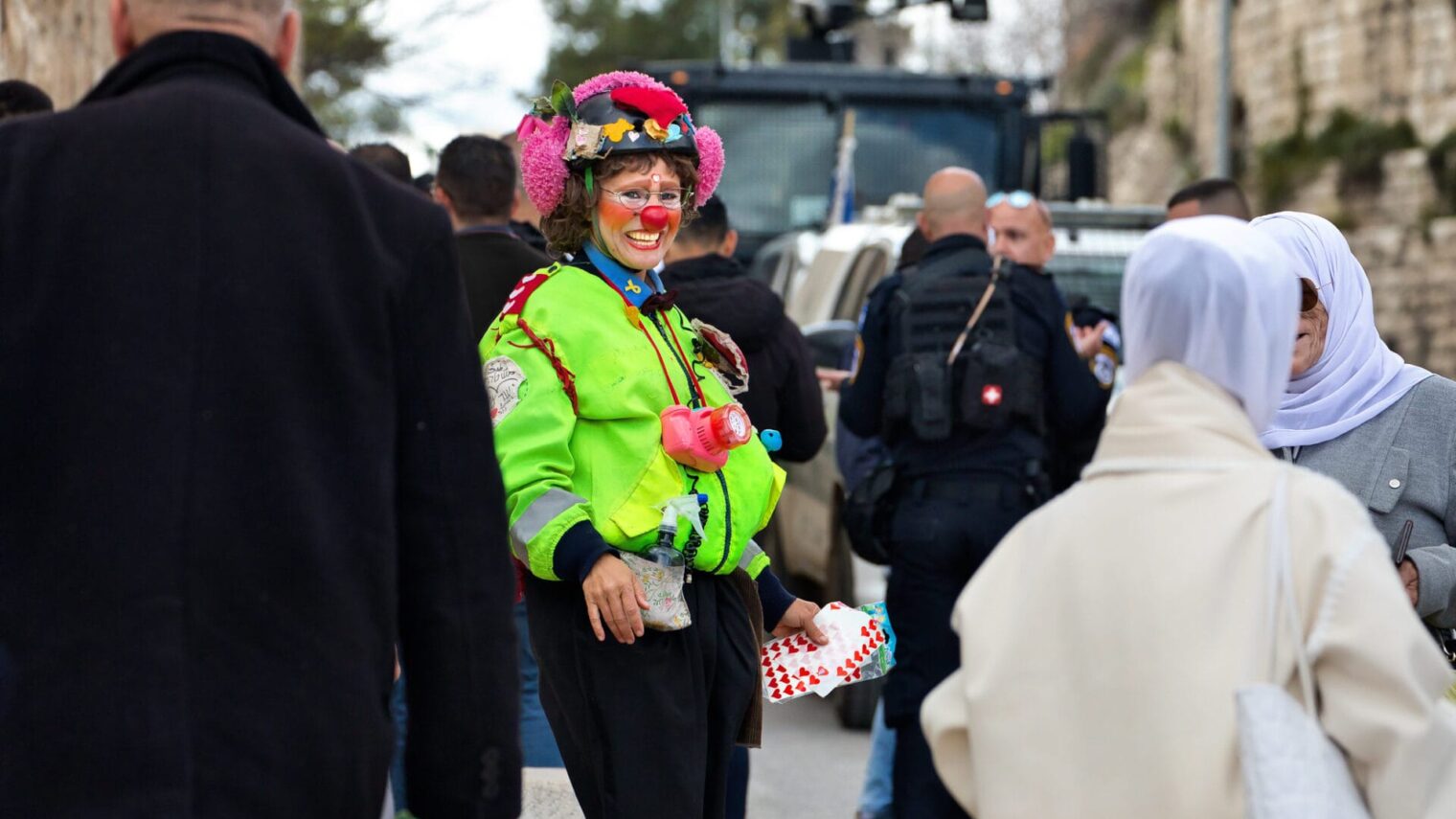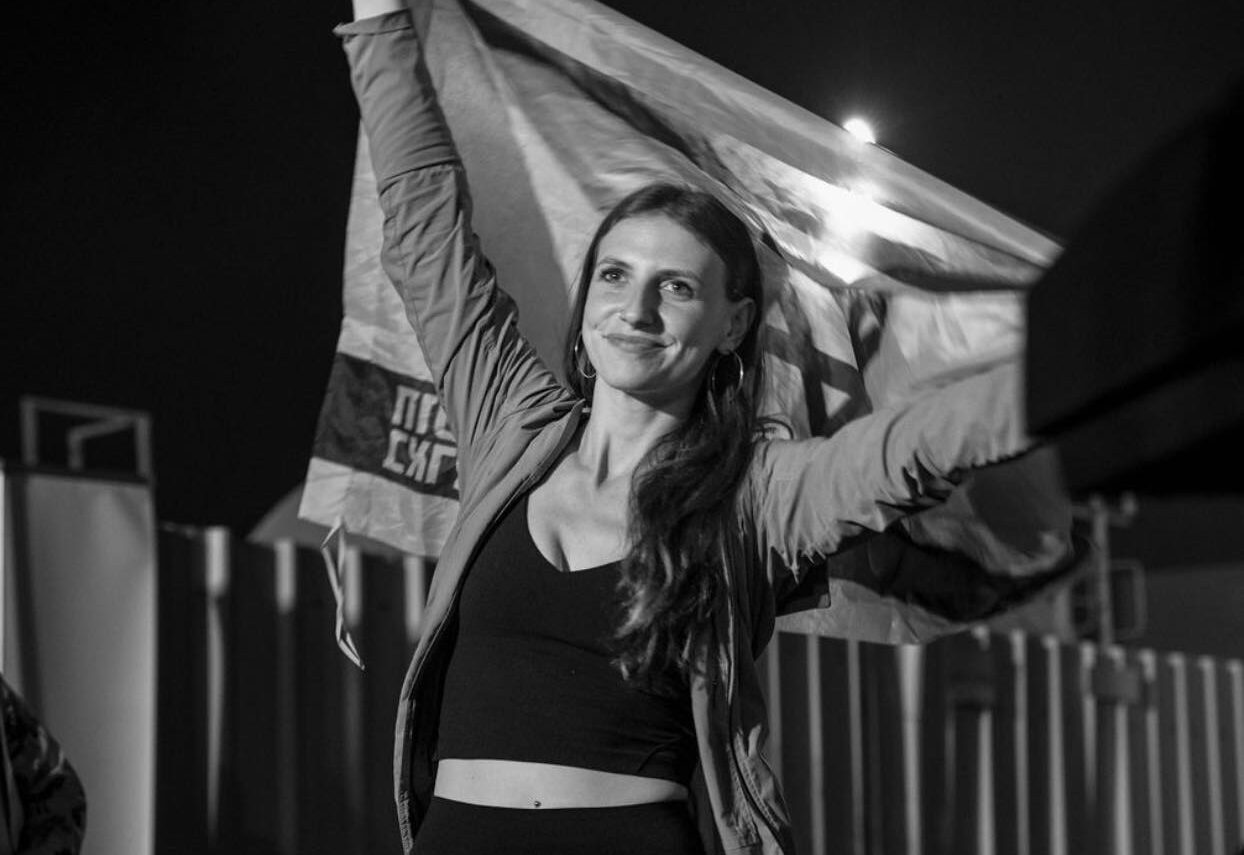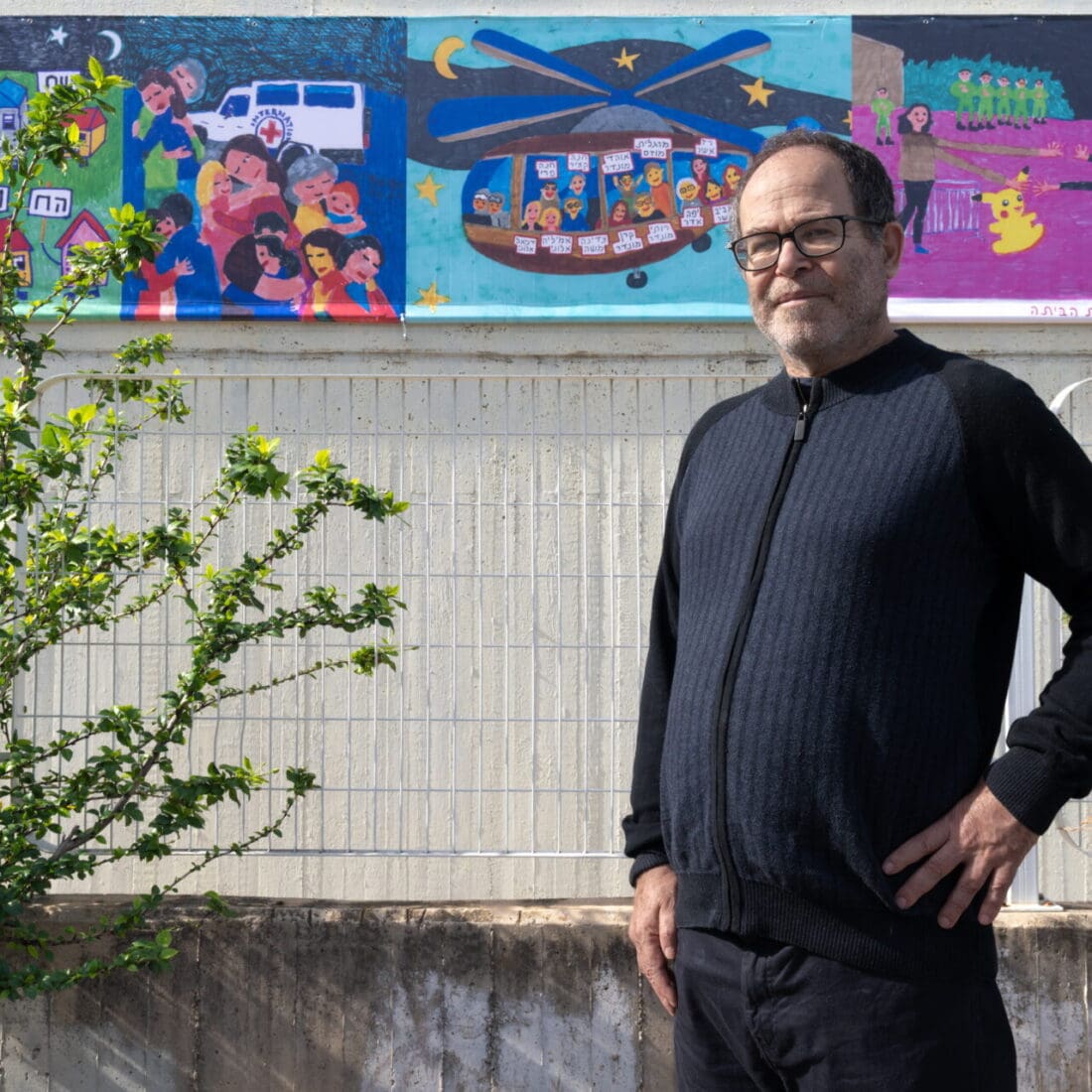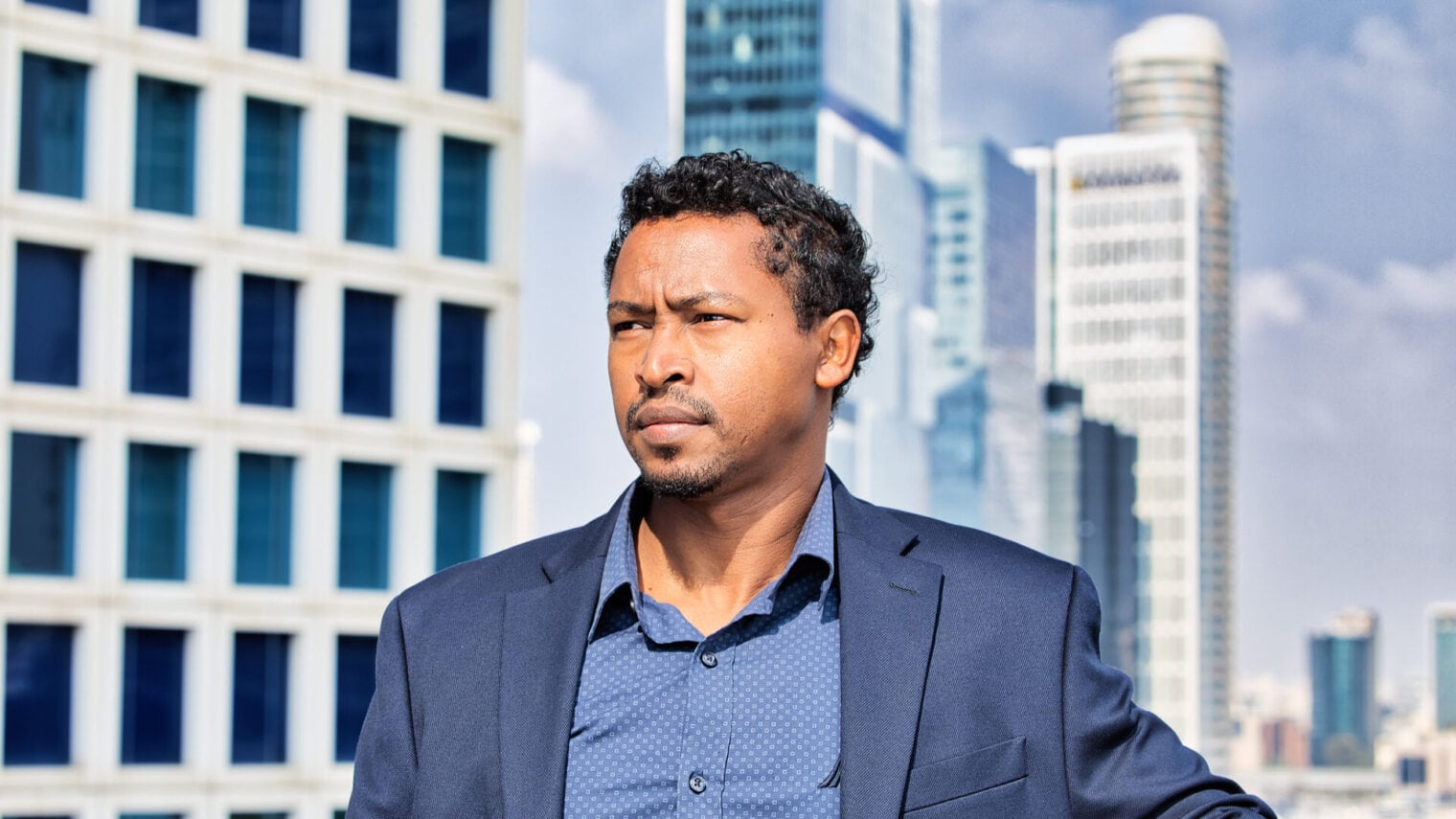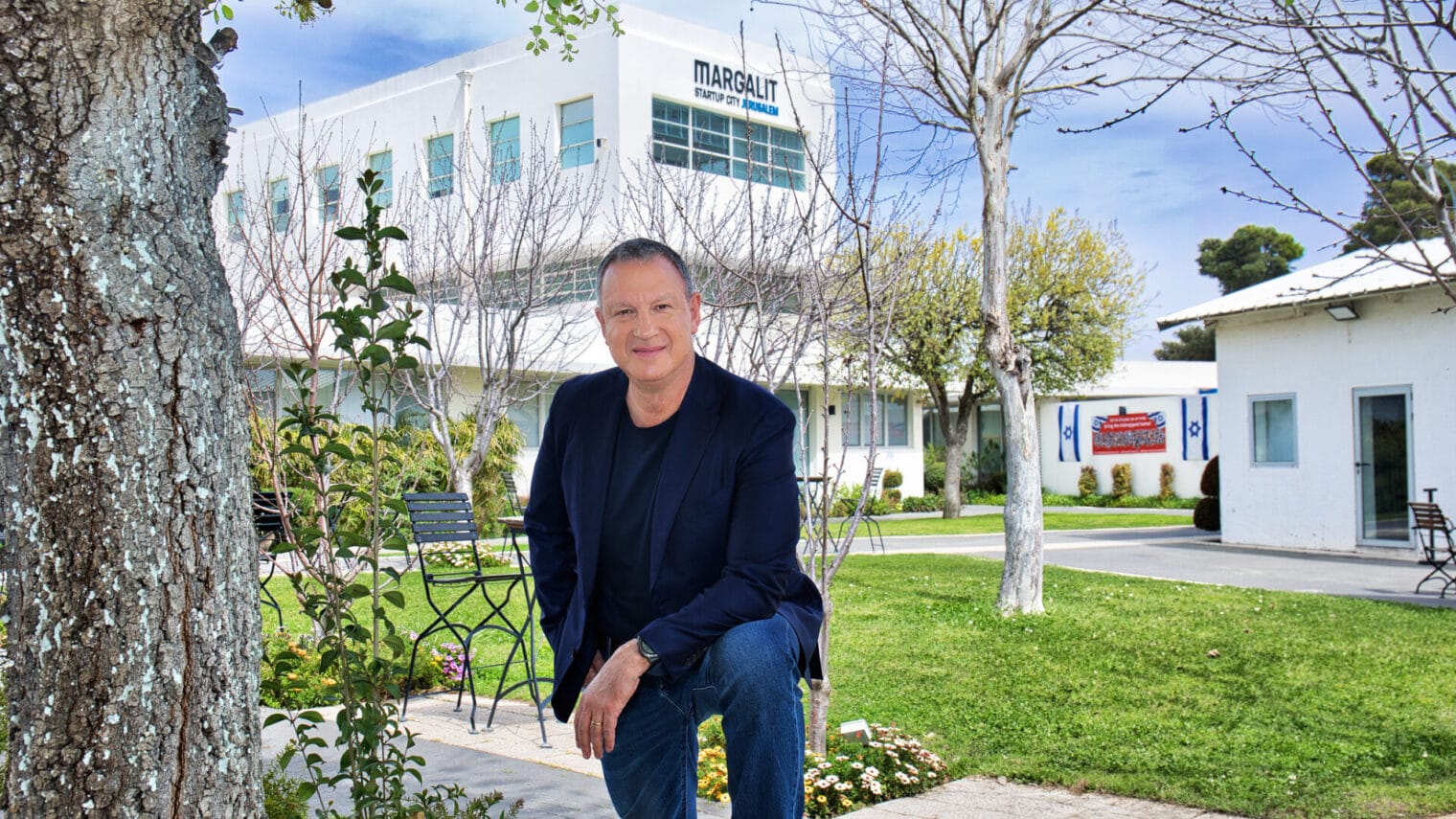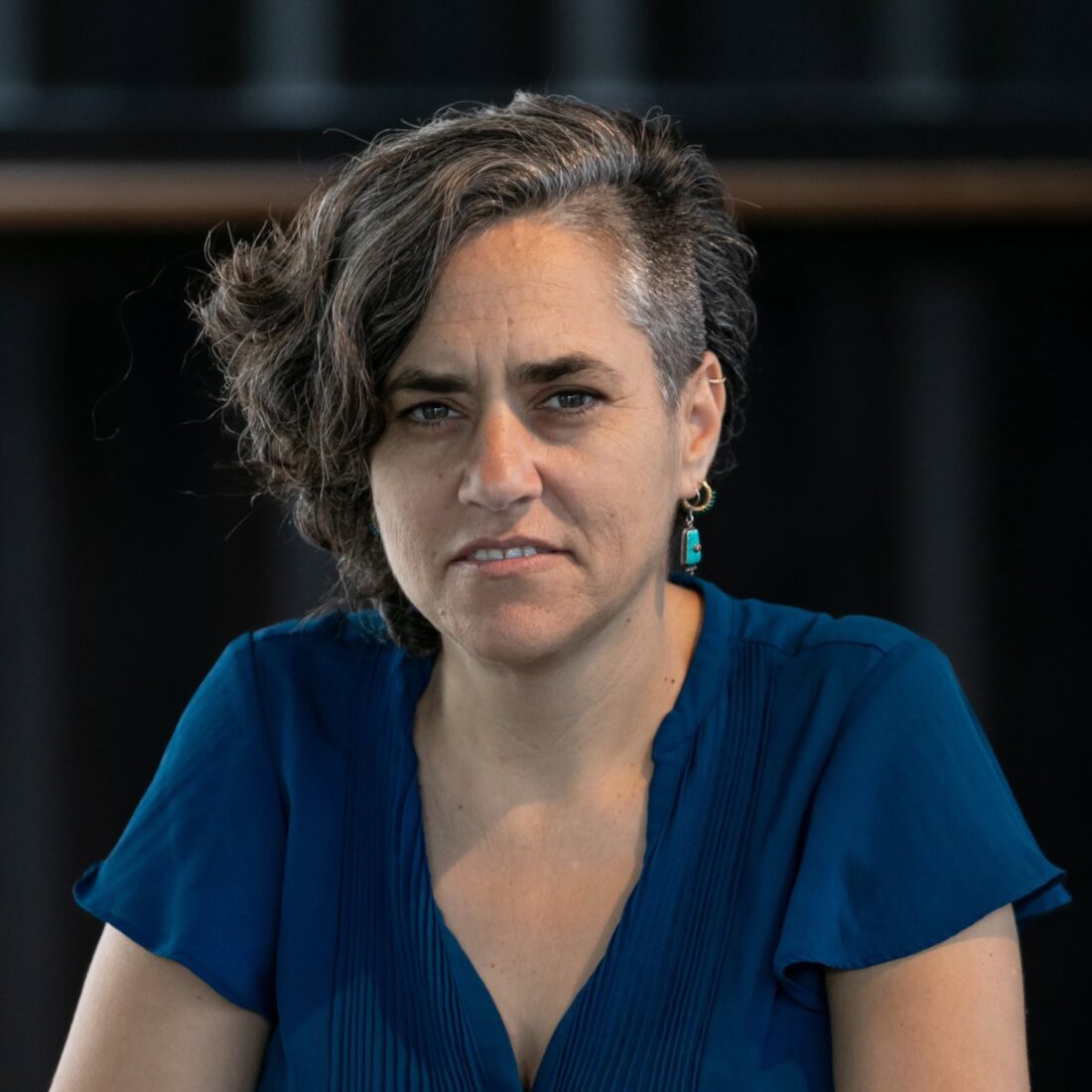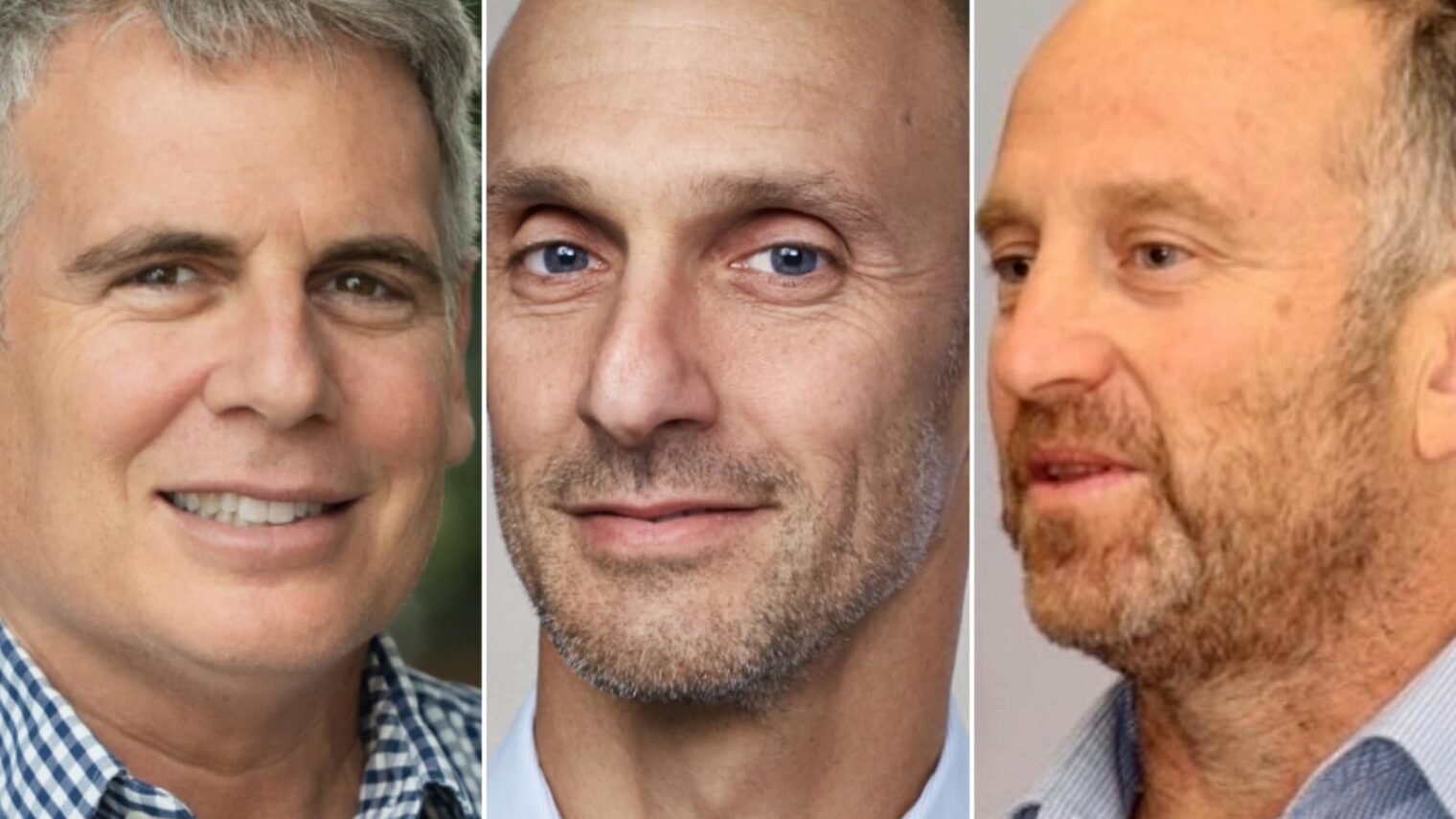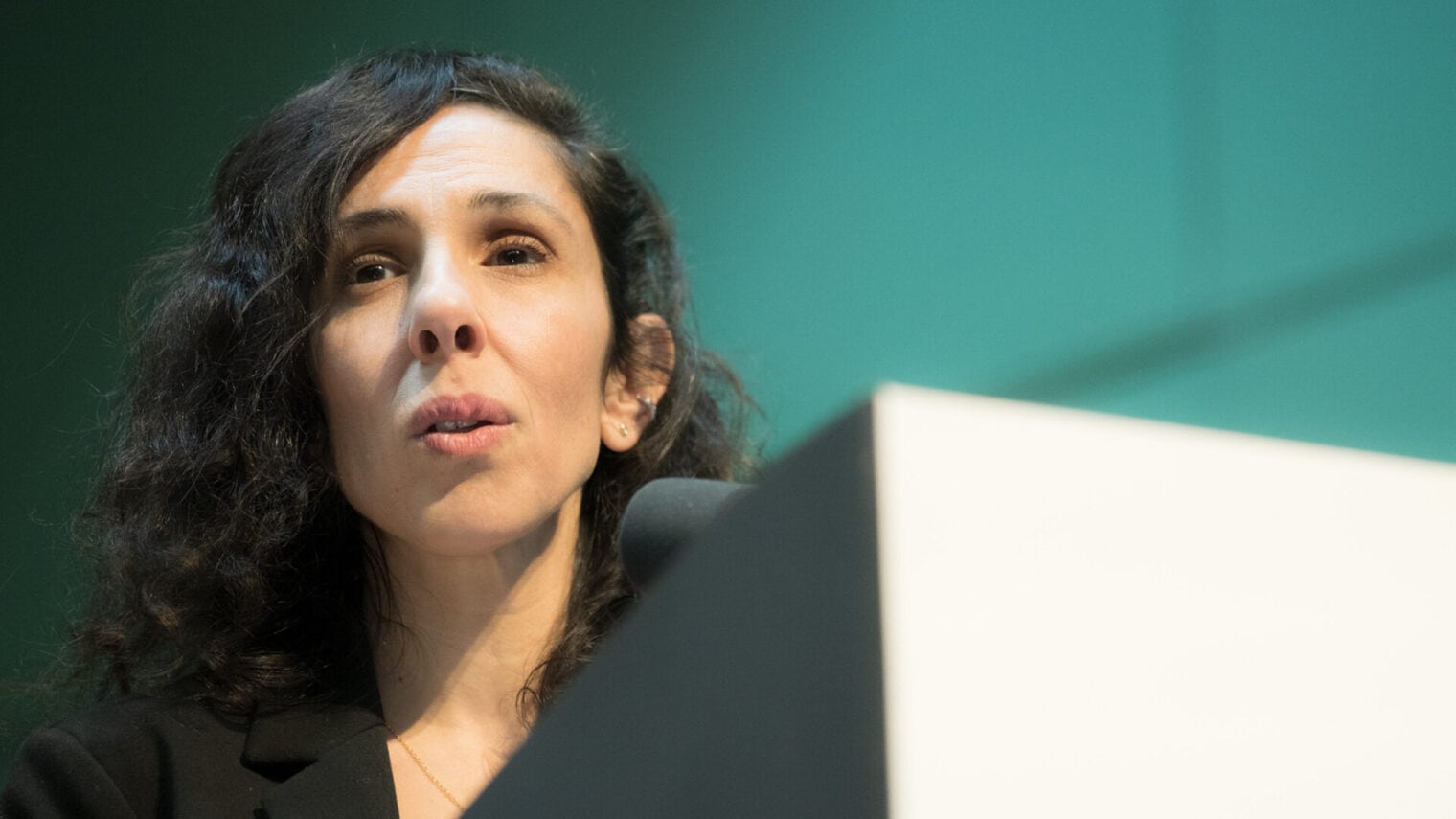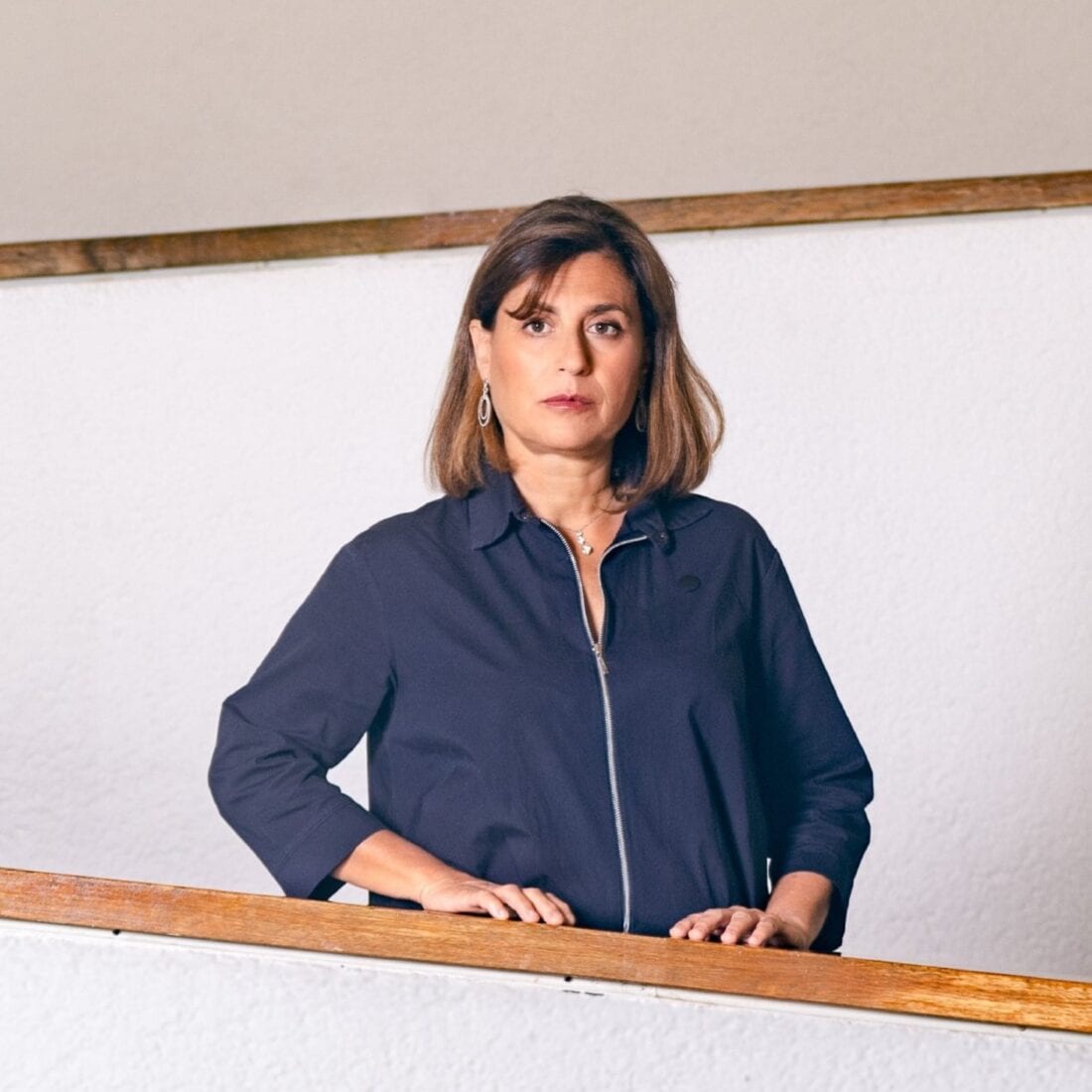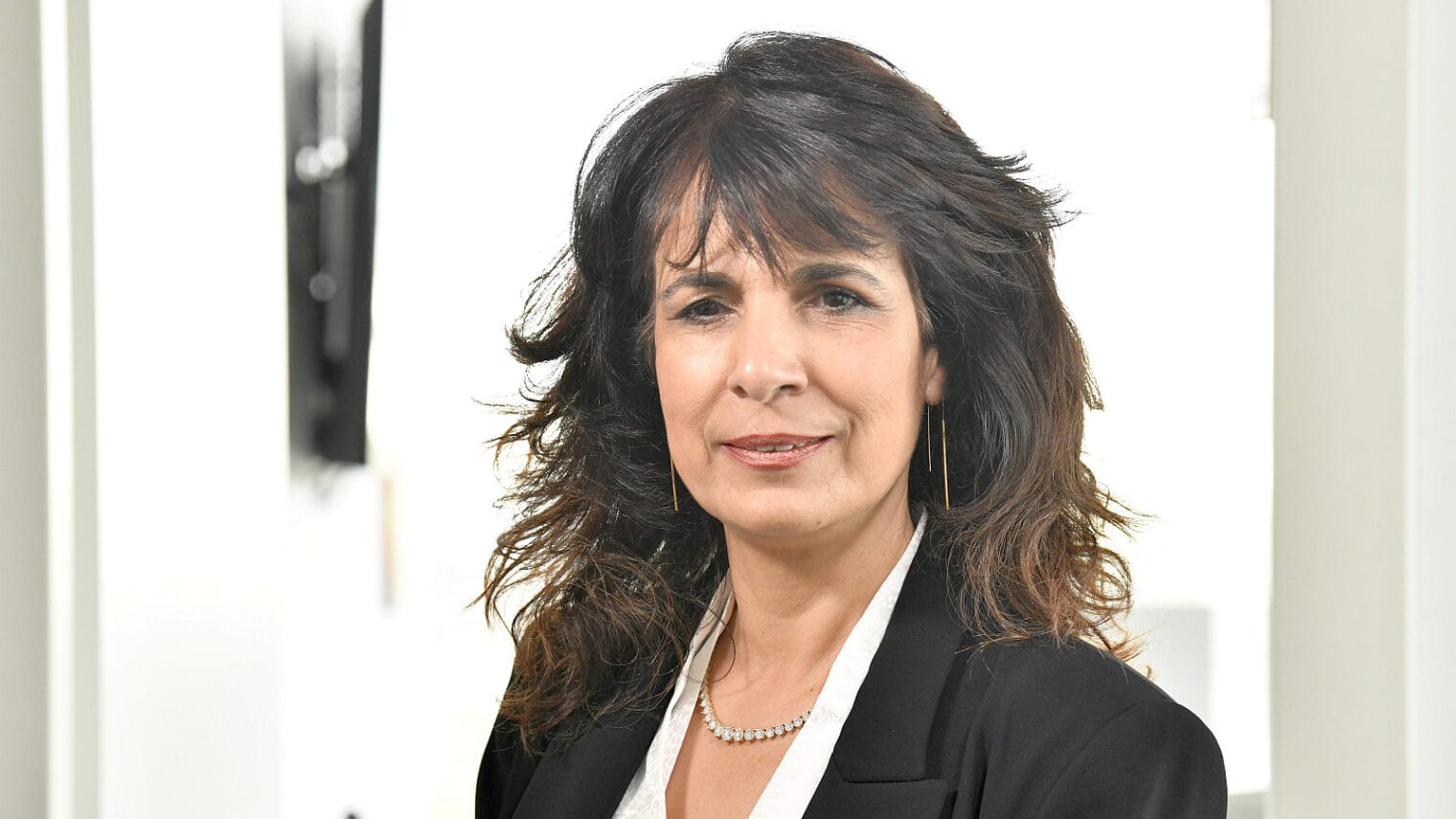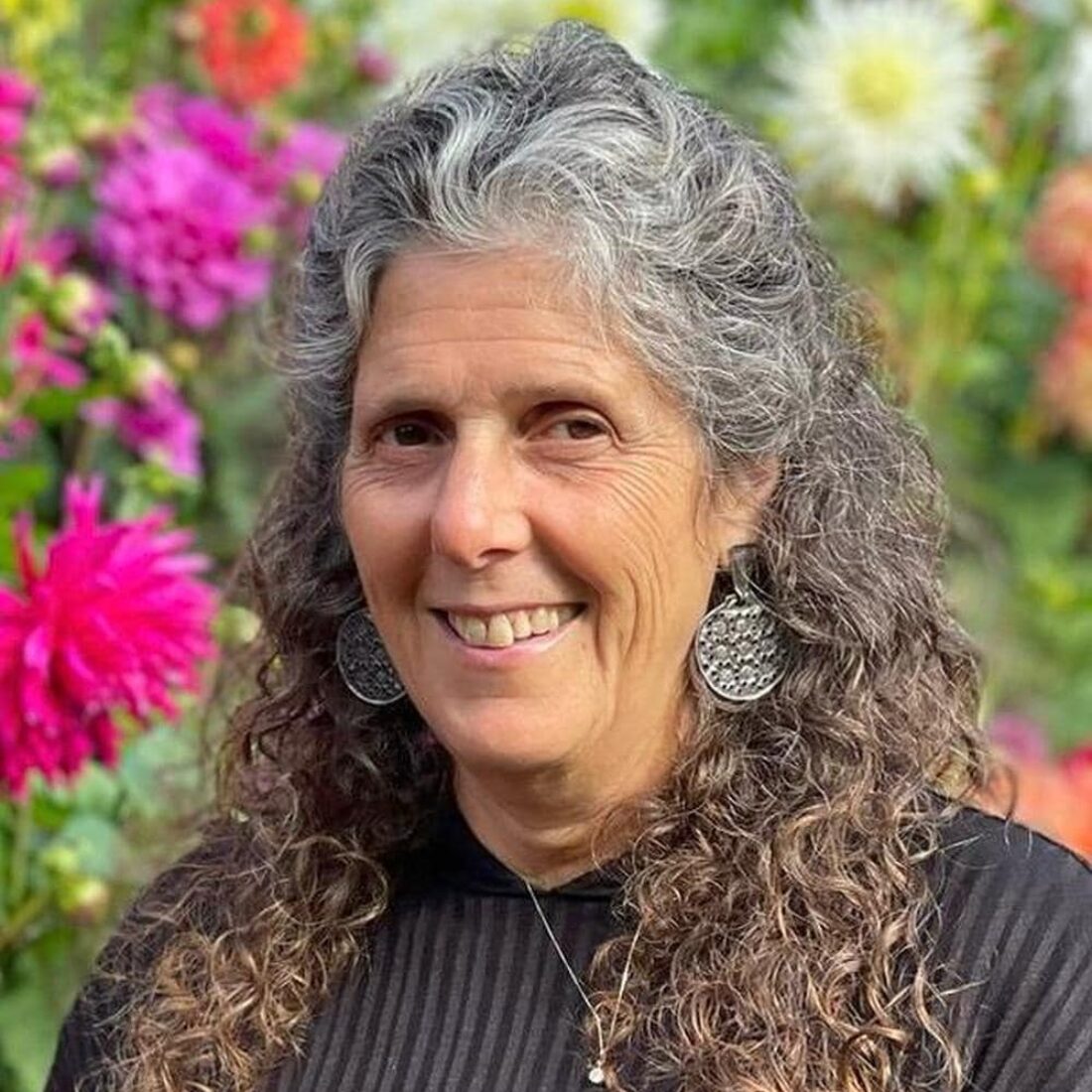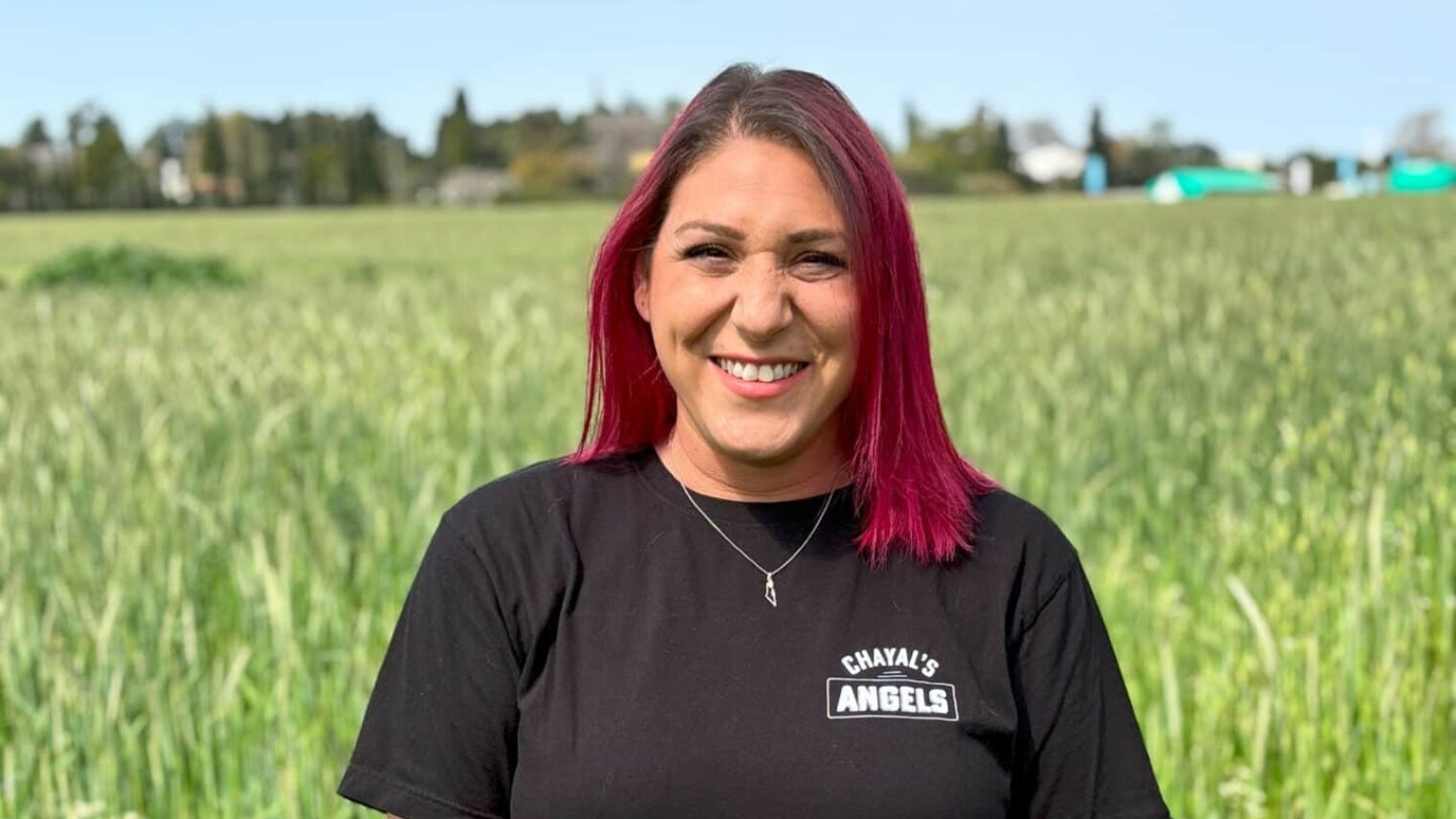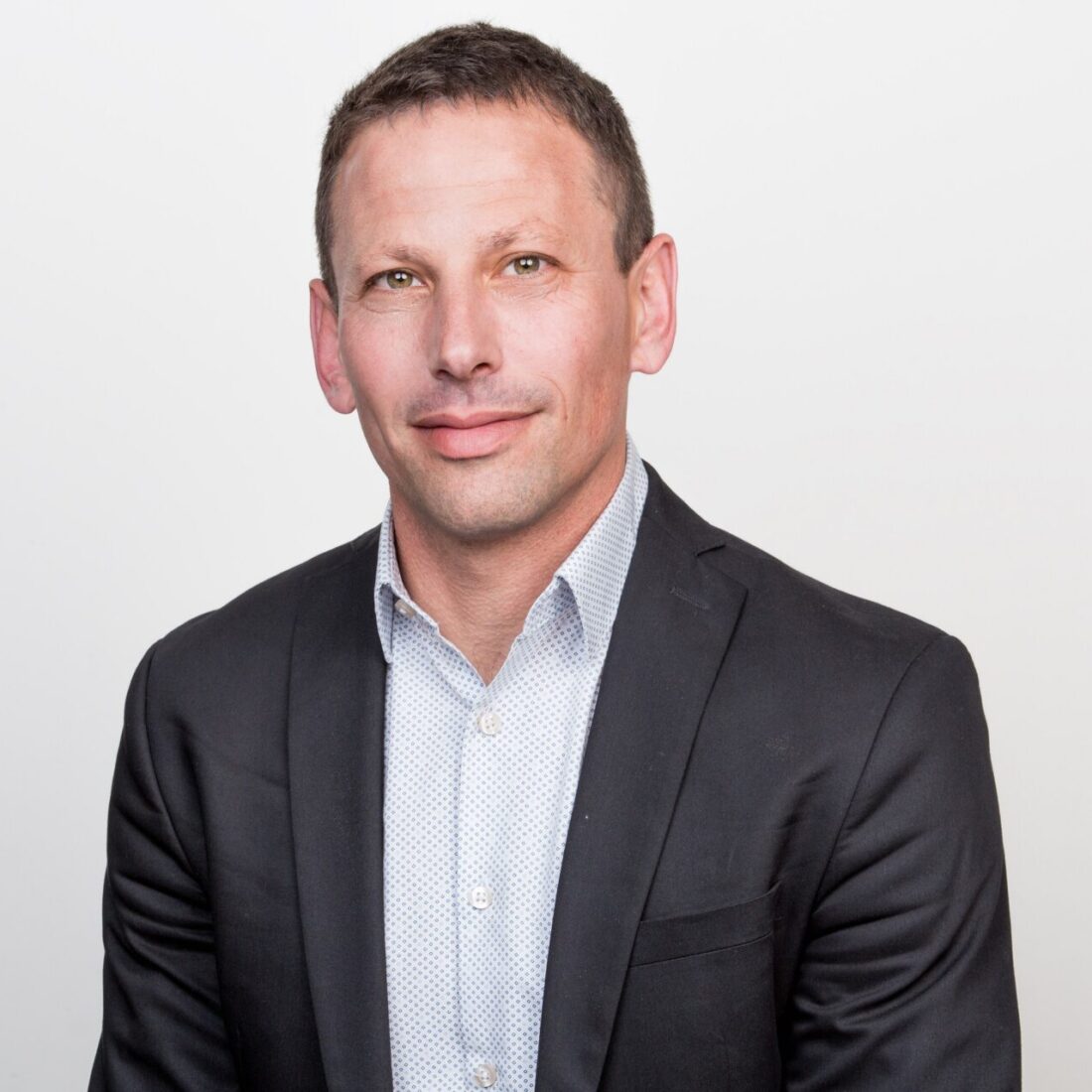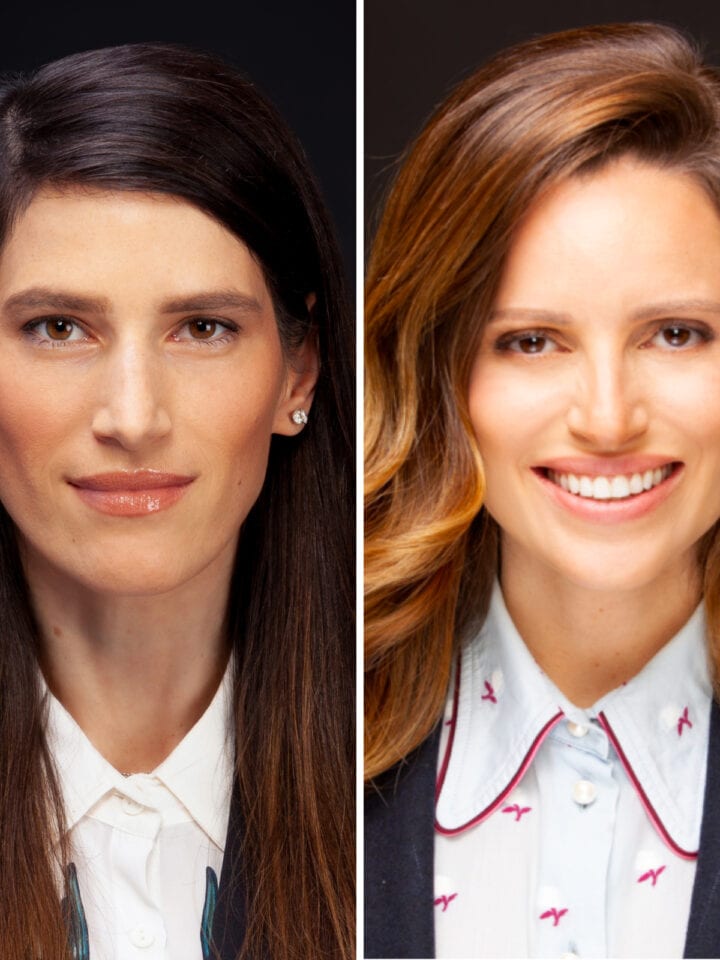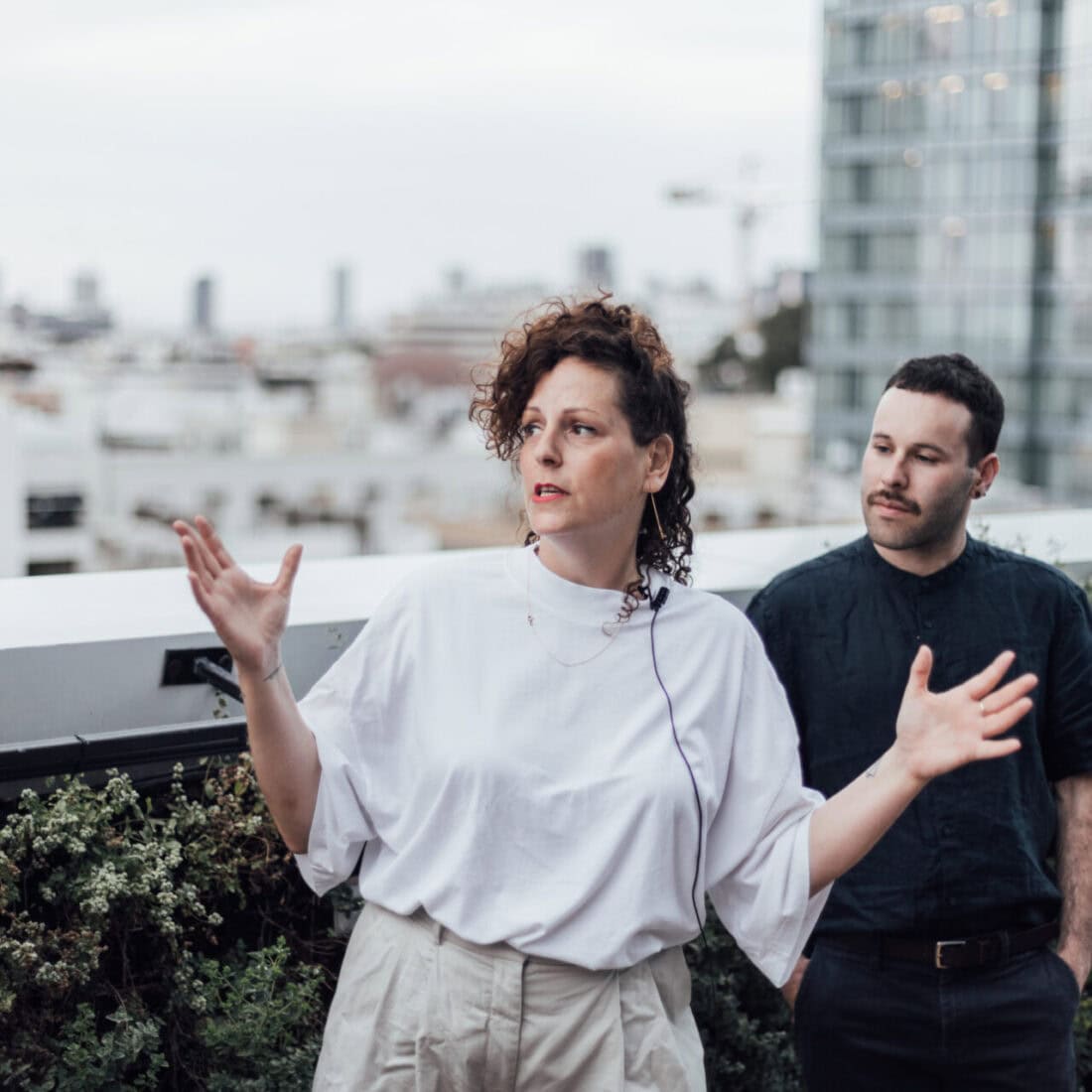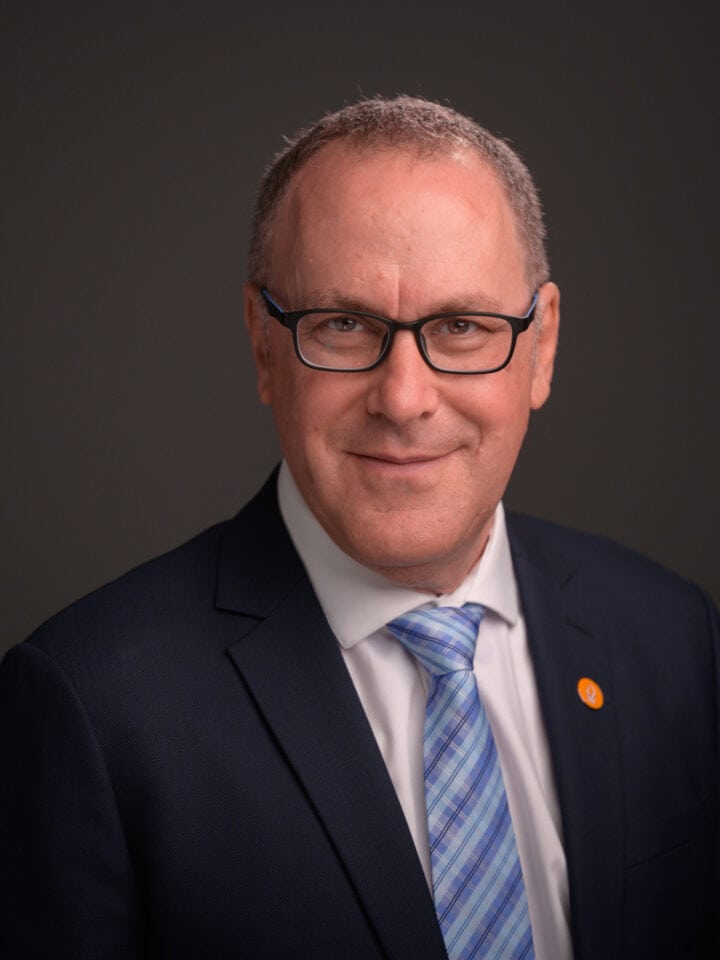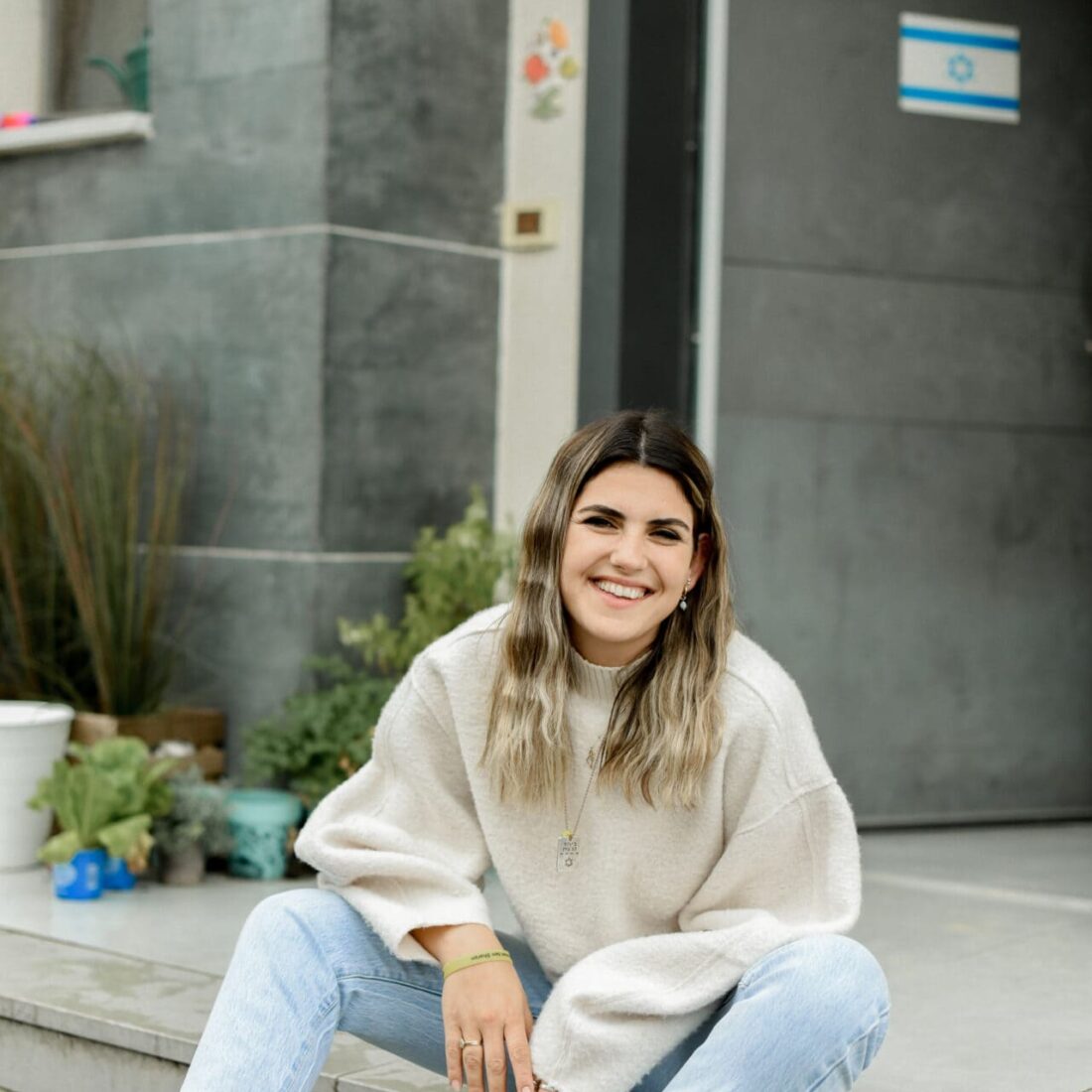I am an Israeli, daughter of immigrants, living with my husband in Jaffa. Our four children grew up in Nahalal, one of the oldest moshavs in Israel. I was a leader in the Young Kibbutz movement and founded a kibbutz in my youth.
I believe in the power of coming together and see community building as the mission of my life.
Here in Israel, I developed a community building BA and MA degree program and was part of the group that created a field department dedicated to community building in urban, rural and peripheral regions in Israel and even wrote a book about building community.
I cofounded the Varda Institute, whose goal is to guide organizations and groups in building communities and adopting a culture of belonging.
On October 7th, we were on vacation in Cyprus. The moment we heard about the attacks, we did everything we could to get home immediately.
Community holds the answer to our resilience. Doing something alone is always harder than doing things as a group. You can never underestimate the power of people coming together for a greater purpose.
Joining the community, helping, participating where you can, and taking initiative not only supports and helps others but gives us a sense of strength and meaning. By giving we are also getting. Enabling people to be in both roles (of needing and being needed) is one key to resilience.
“Community holds the answer to our resilience. You can never underestimate the power of people coming together for a greater purpose.”
We founded the Varda Institute four years ago, and it seems all our work has been leading up to this moment. Requests for our services have increased 300 percent as communities were in a state of shock and could not function in the aftermath of the attacks.
As soon as the war broke out, we quickly adapted our model for community support during wartime — defining the unique challenges and underlying assumptions as well as working principles that these pressing days raise: many members are gone (in the army or reserves), people are displaced, routines are disrupted.
Our impact is in teaching community stakeholders how to carry on, how to reach those who have gone quiet, and make sure no one is left behind.
We are serving diverse communities in Israel — from Bedouin villages to settlers in the West Bank, from ultra-religious communities in Beit Shemesh to community activists in Jerusalem.
We are working with the Hostages and Missing Families Forum on how to organize and work with each other. We are supporting some of the kibbutzim that were attacked. The strength and hope of the people we serve inspires me.
I decided to spend my birthday this year with people who are suffering in the south — displaced families, farmers, people from the kibbutzim that were attacked. That experience is one of many that gives me the courage and strength to continue.
October 7th was the hardest thing I have ever gone through. Watching my children attend funeral after funeral of their friends, losing neighbors and family, watching this tragedy unfold in our country and the world turn against us — this is the hardest thing for me.
We are in a unique position to help rebuild Israel, at a time when communities will be coming back together after being deeply hurt and far apart. Some evacuated communities were separated into several different hotels.
We are here to help communities reconnect, rebuild routines and grow stronger. It is by creating a culture of belonging that everyone feels that they are seen and heard.
I hope for peace and a strong democracy that can serve its people. I hope one day to go to the communities in Gaza and help them rebuild. But I also hope for a safe Israel that will never see the horrors of October 7th again.
I wish that everyone will find a community because only together we can grow stronger and heal. Hopefully, this moment will strengthen our spirit of stepping up, taking initiative and helping one another.





